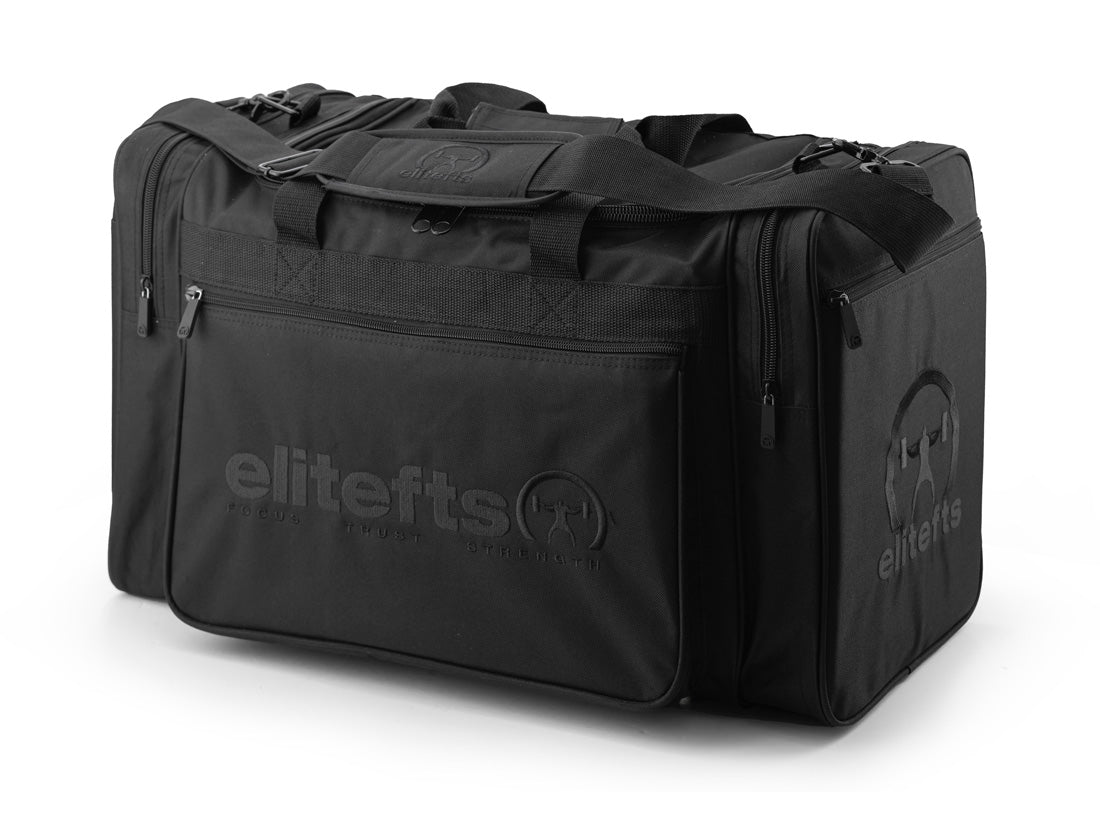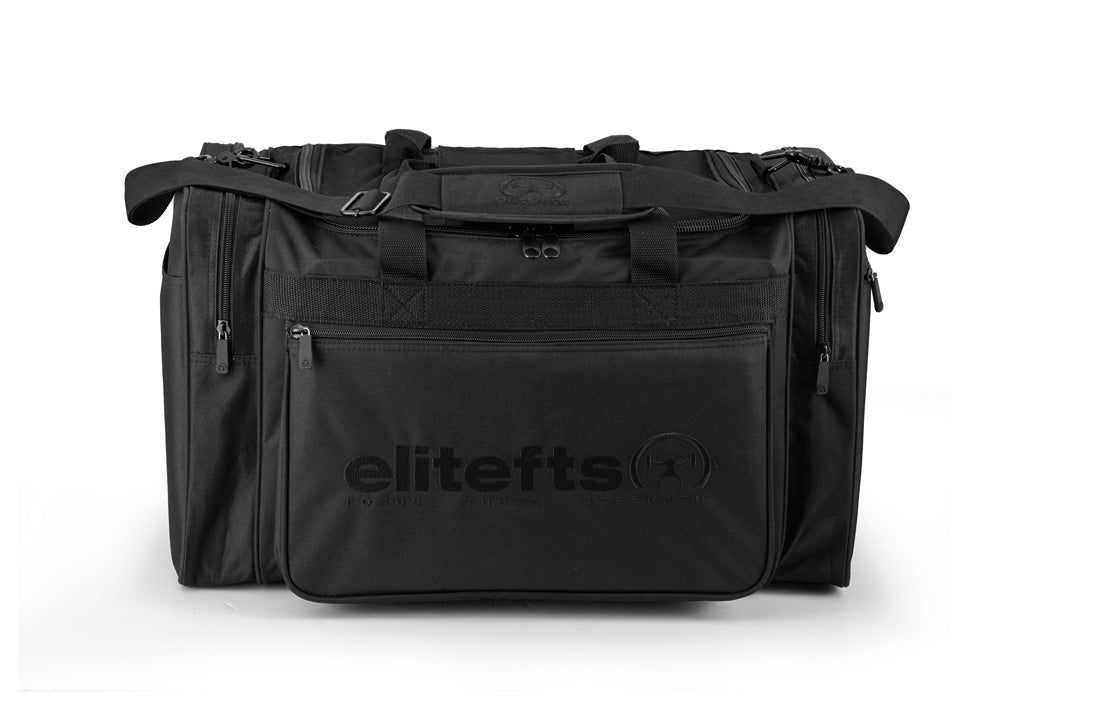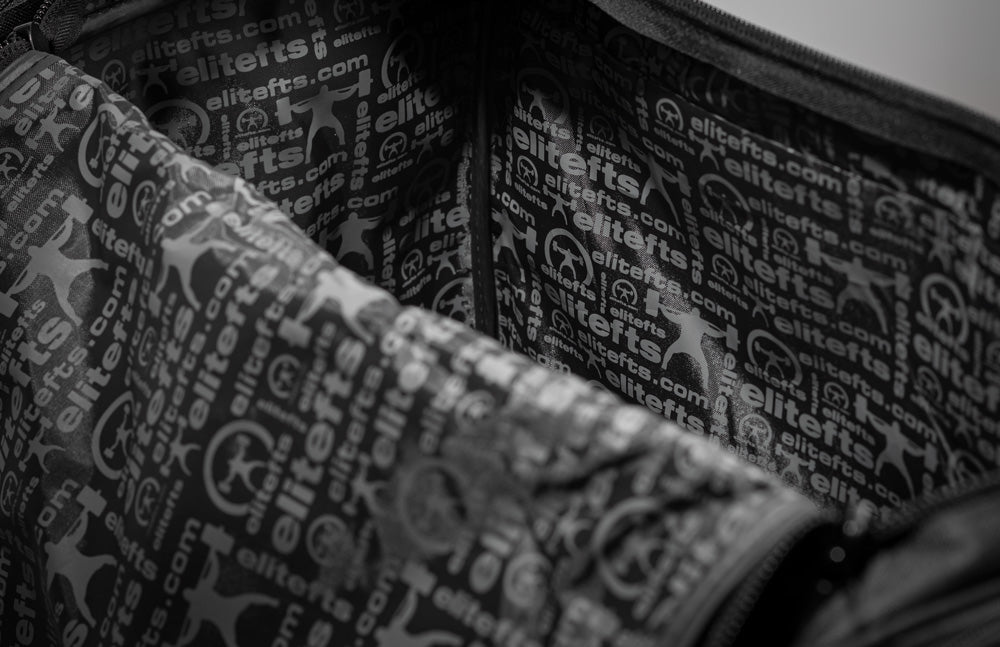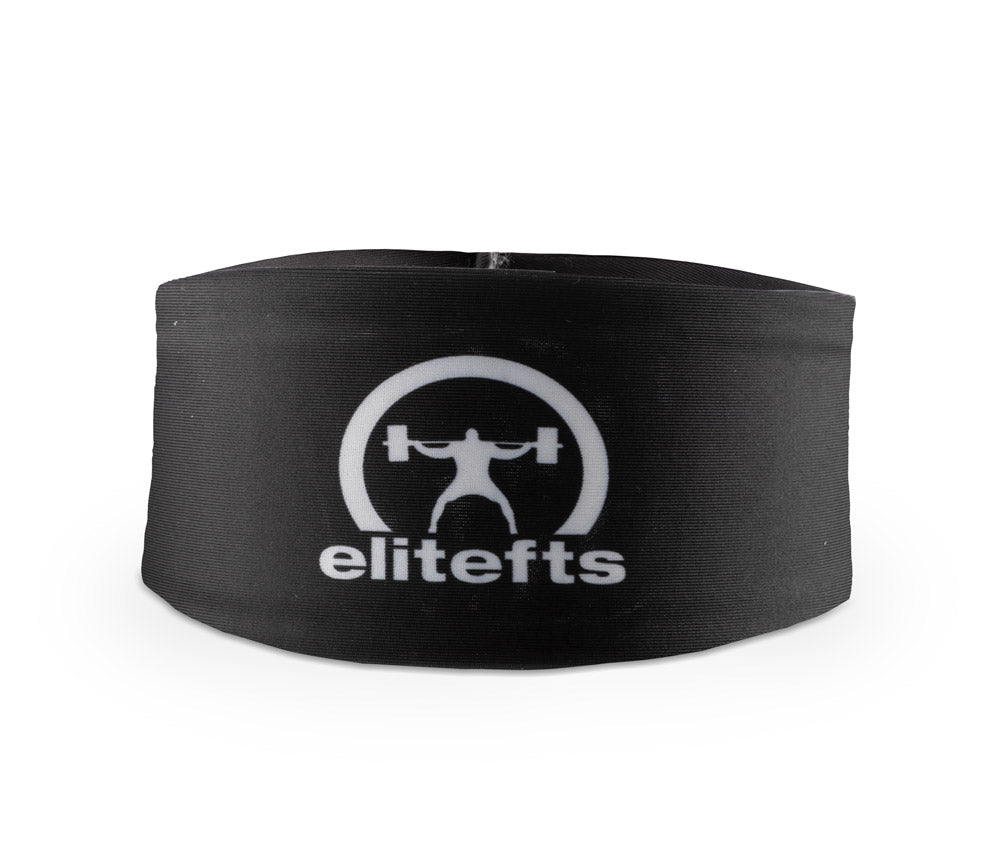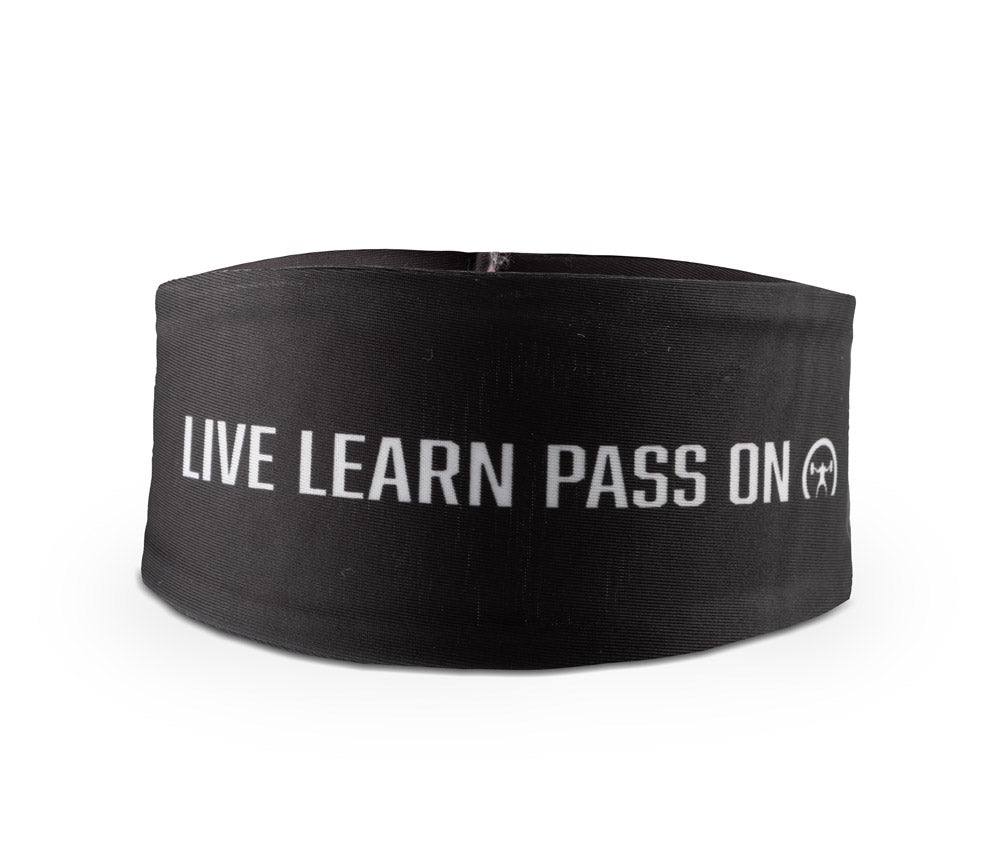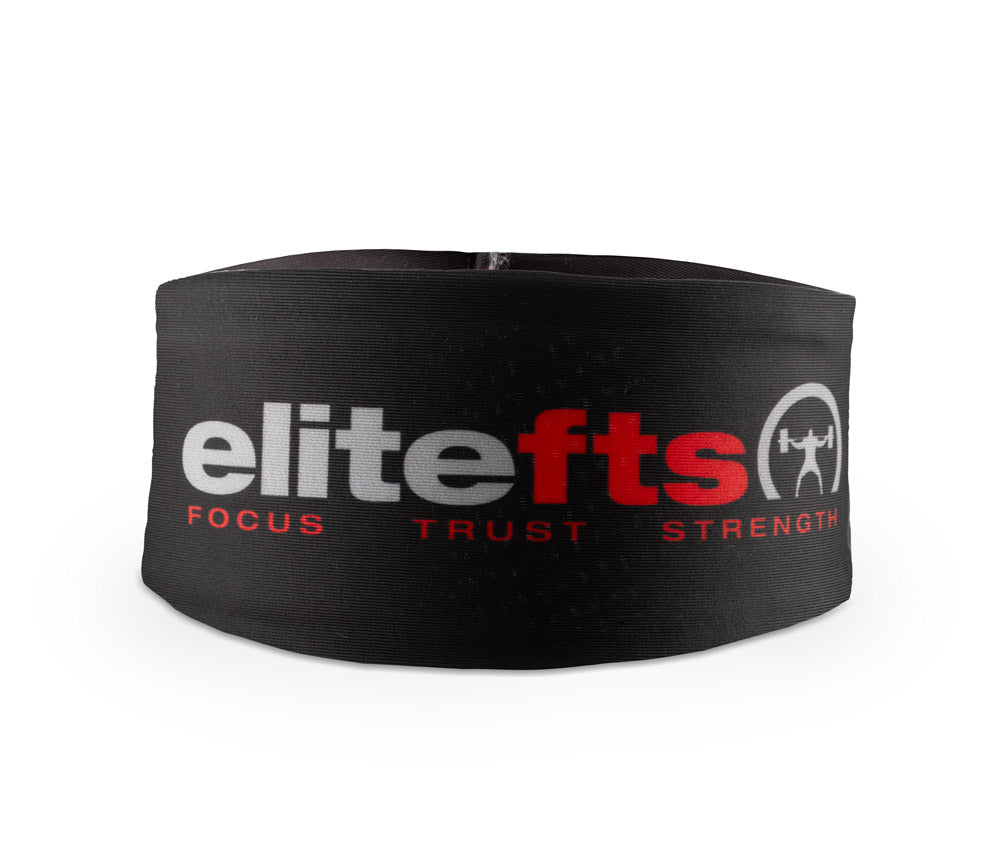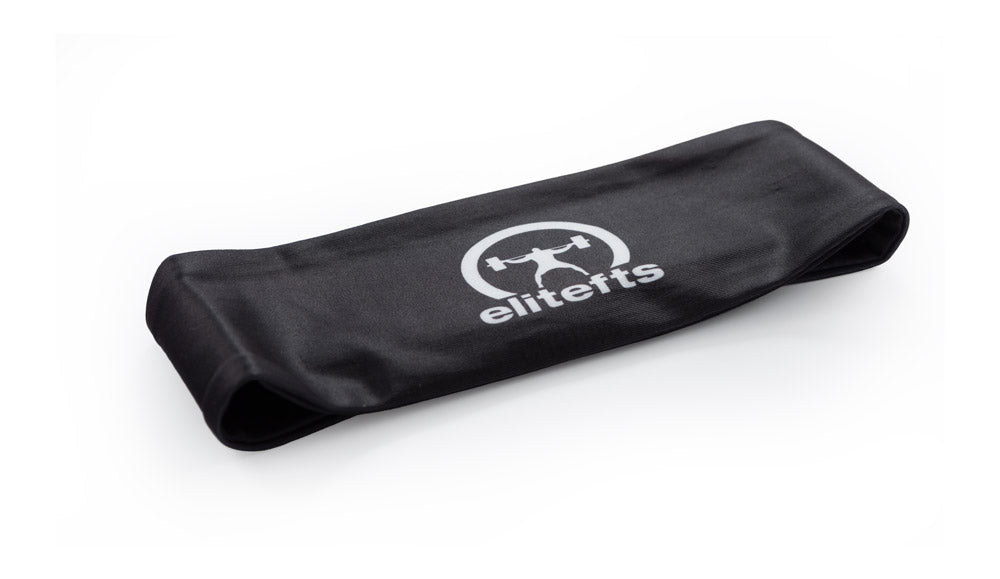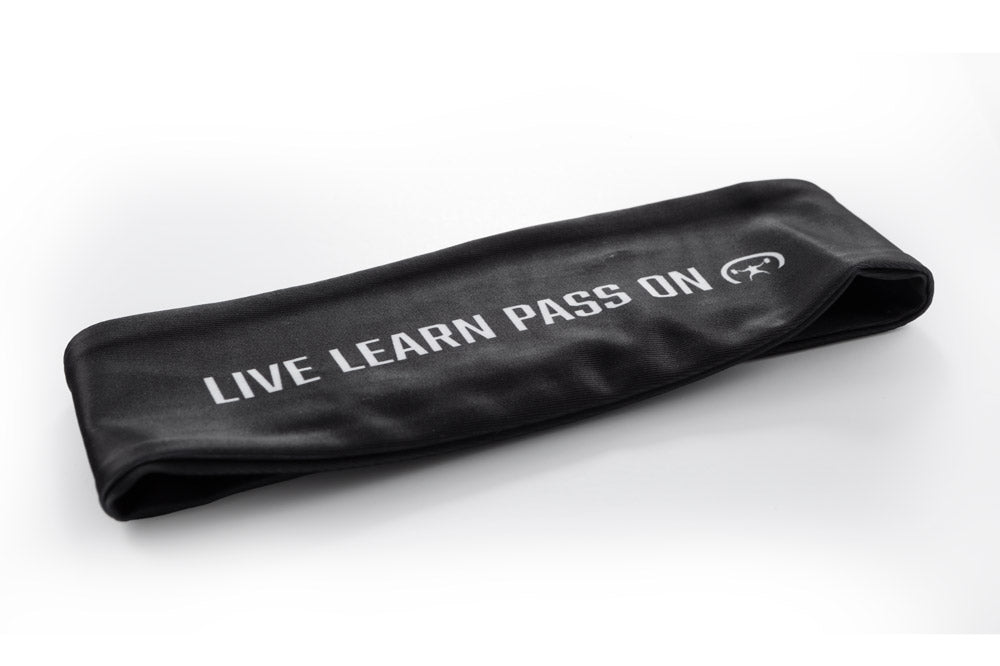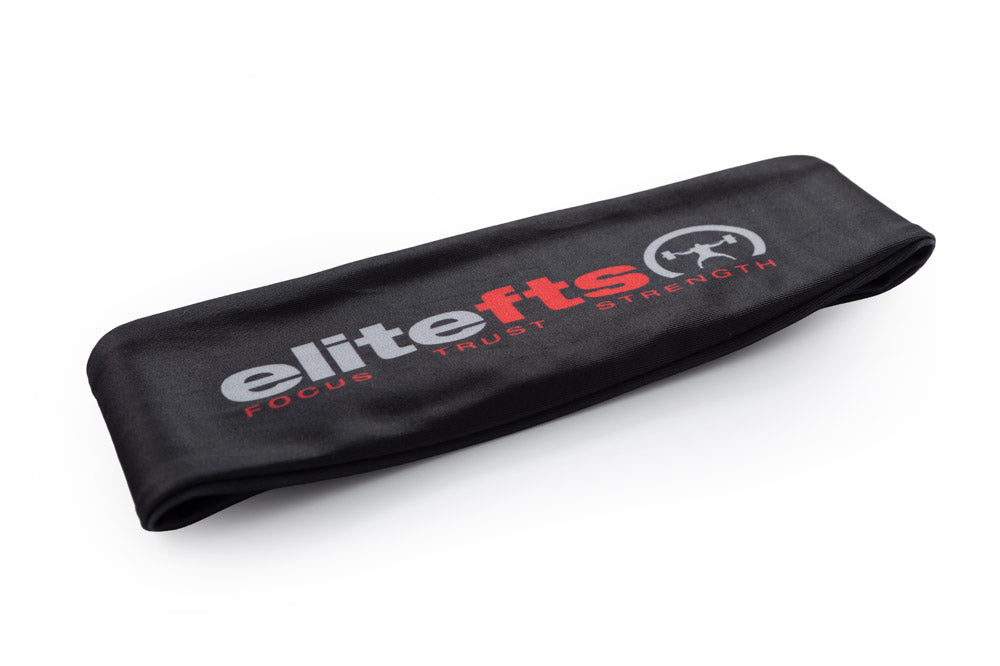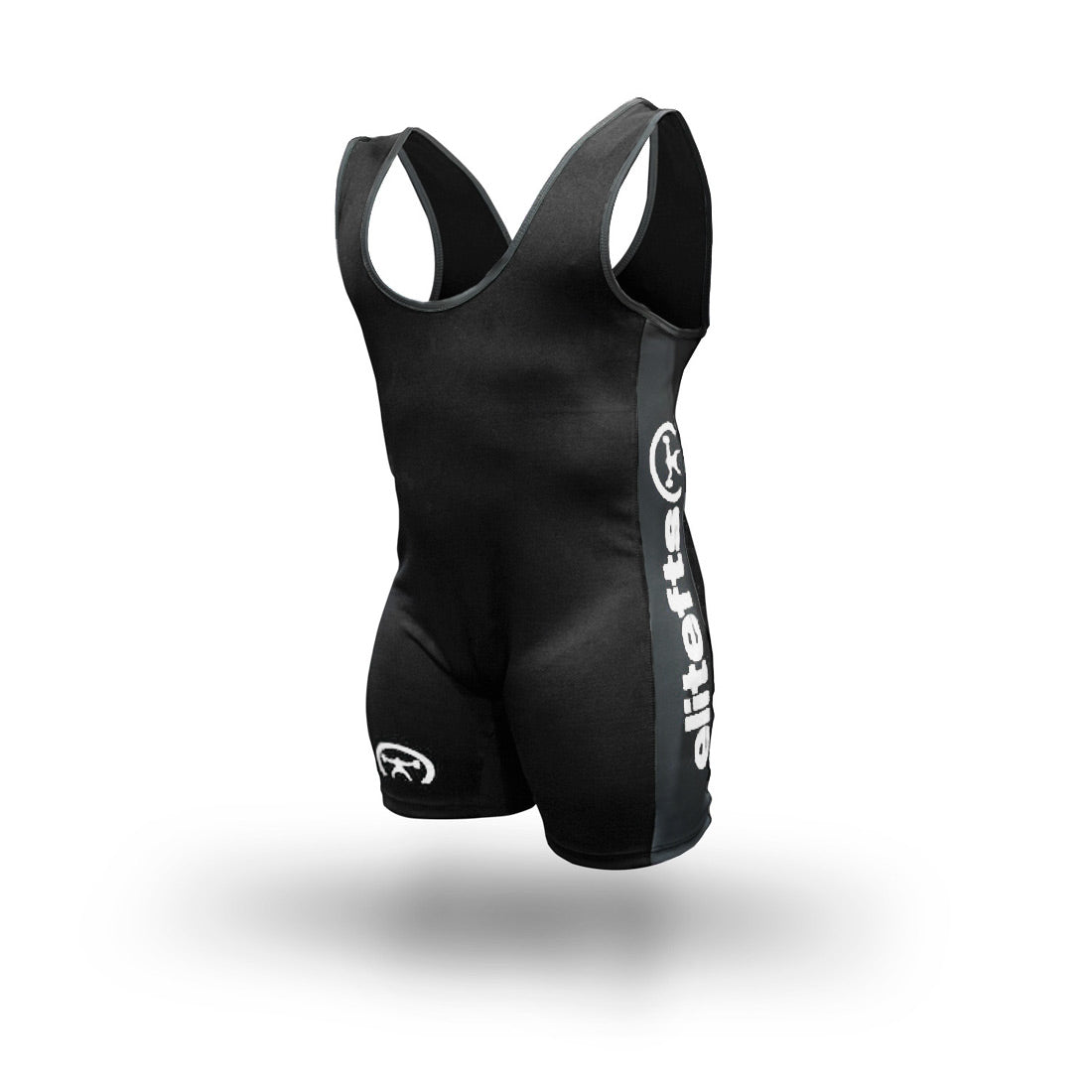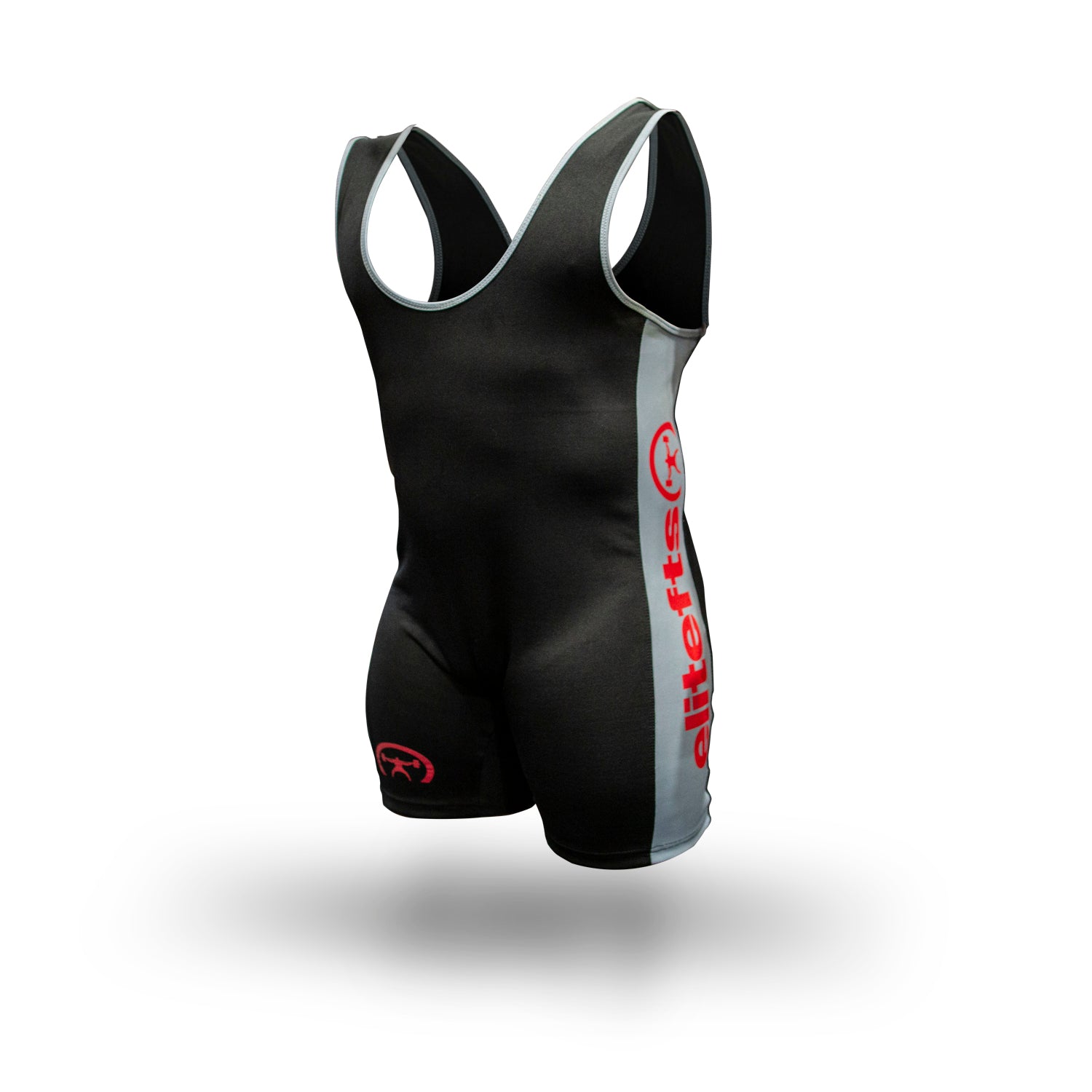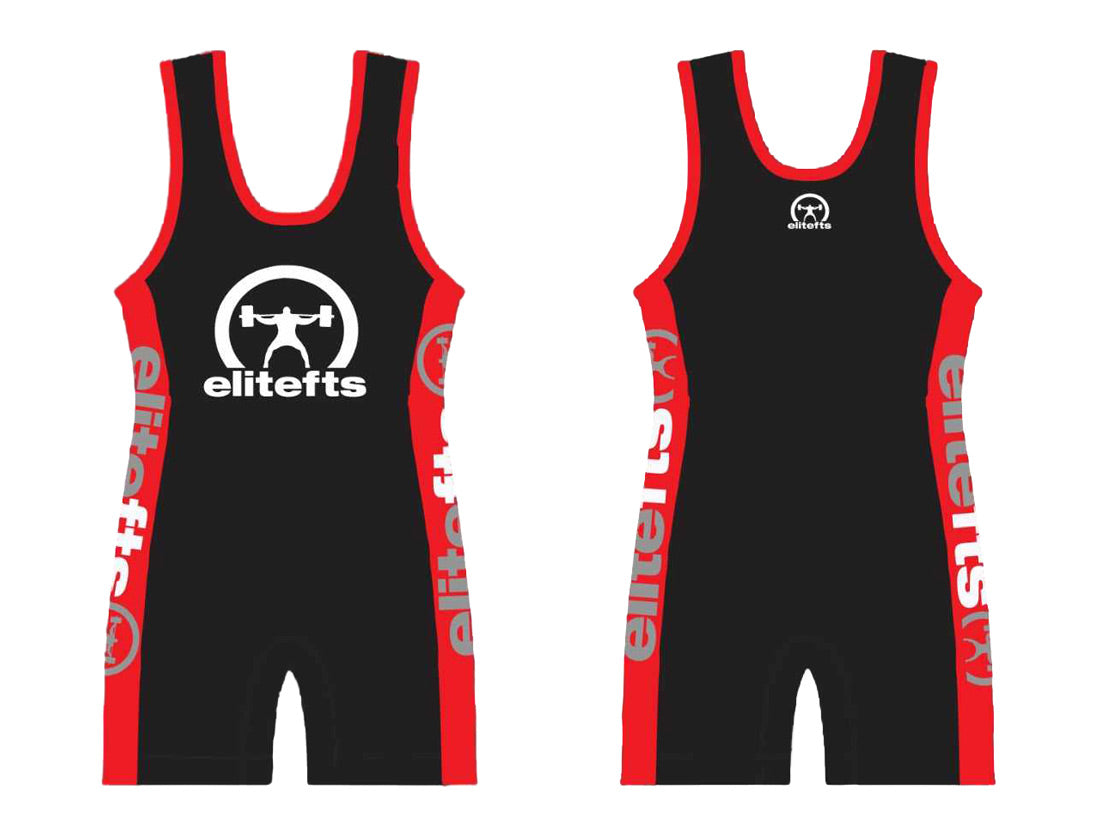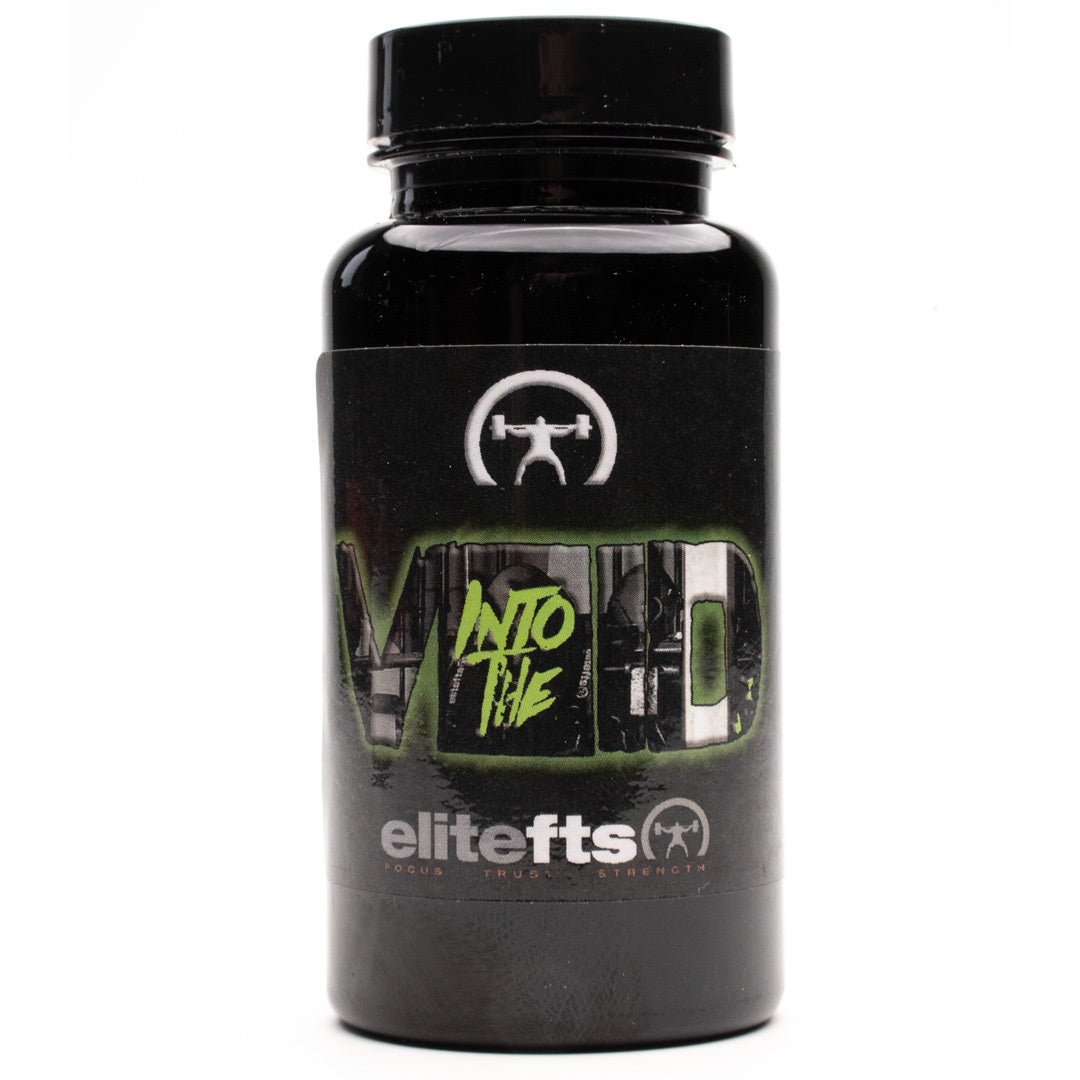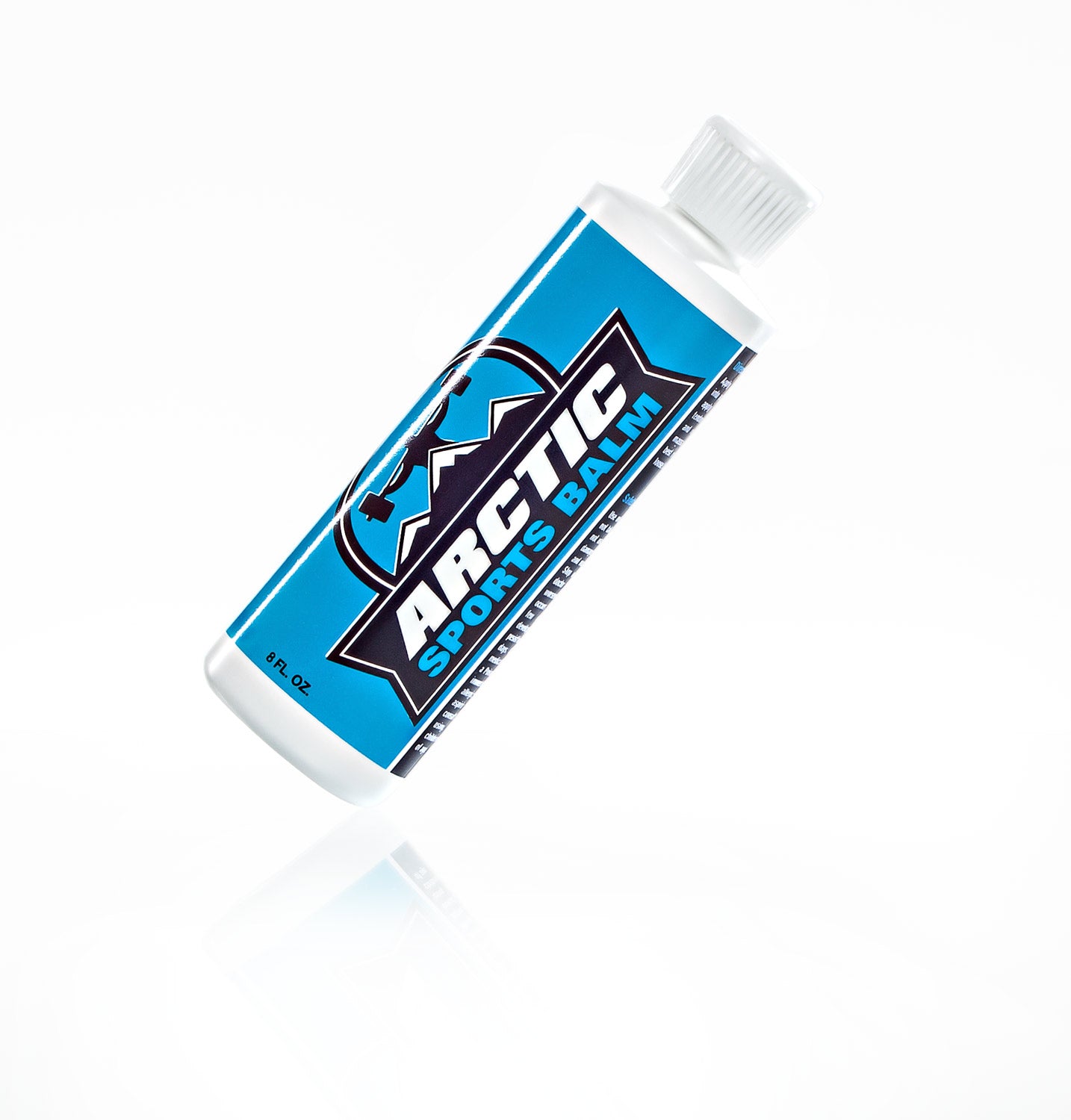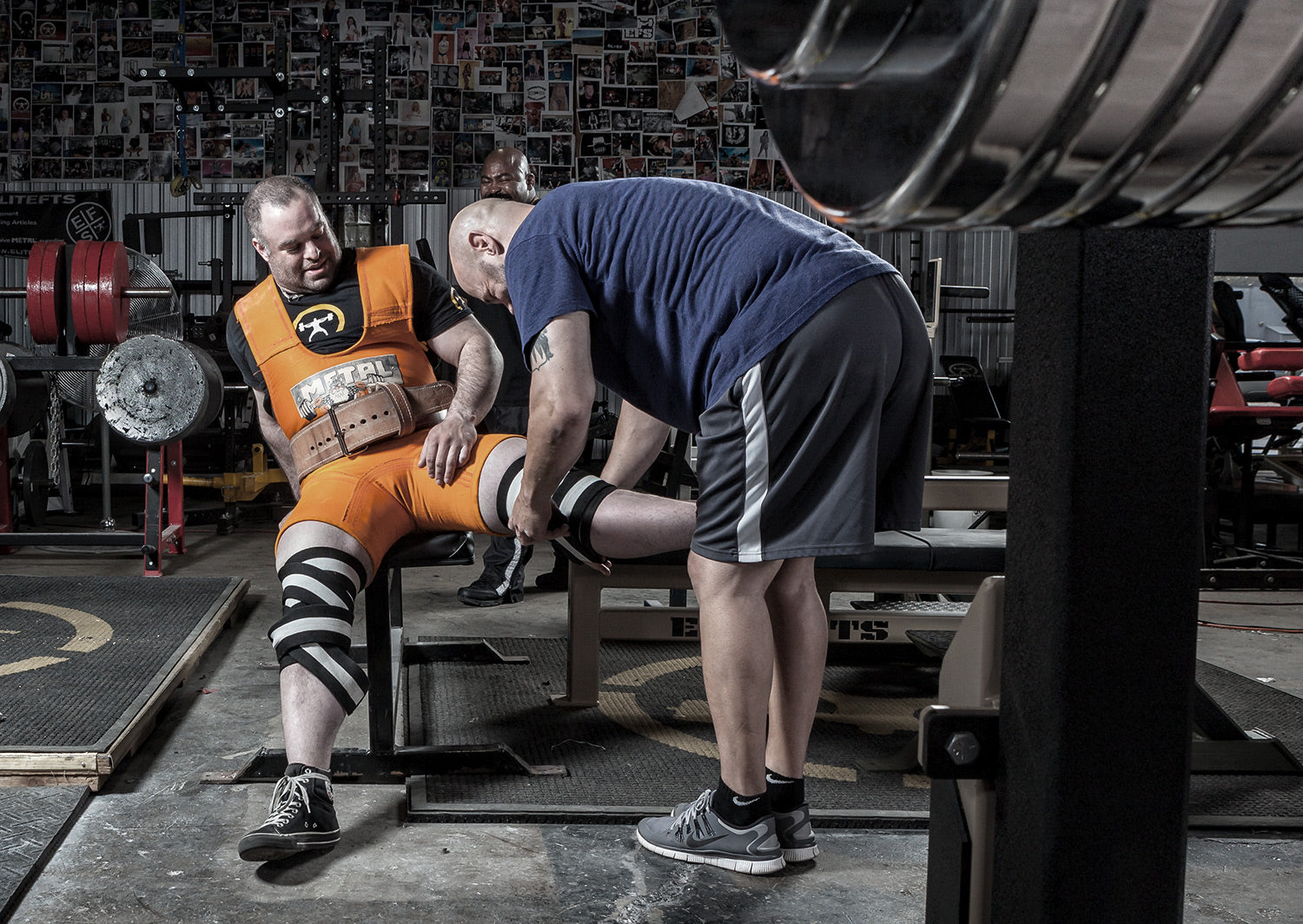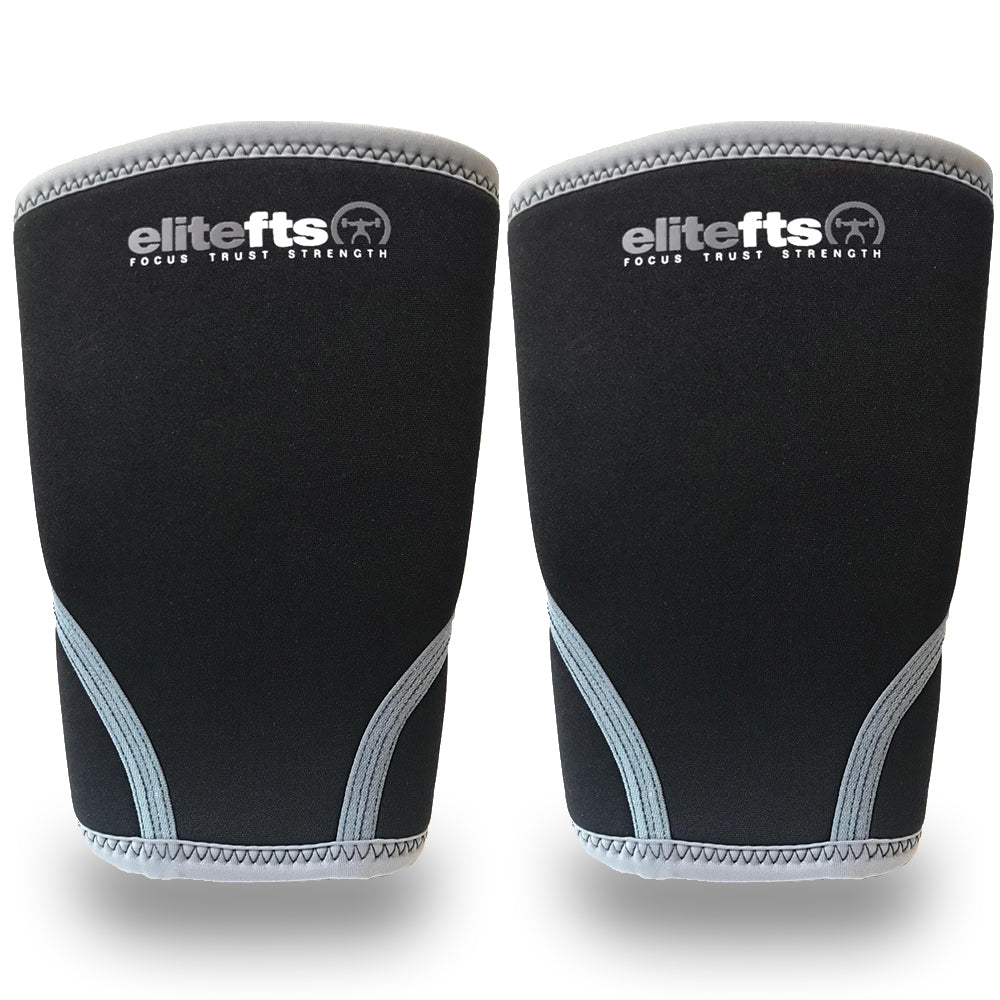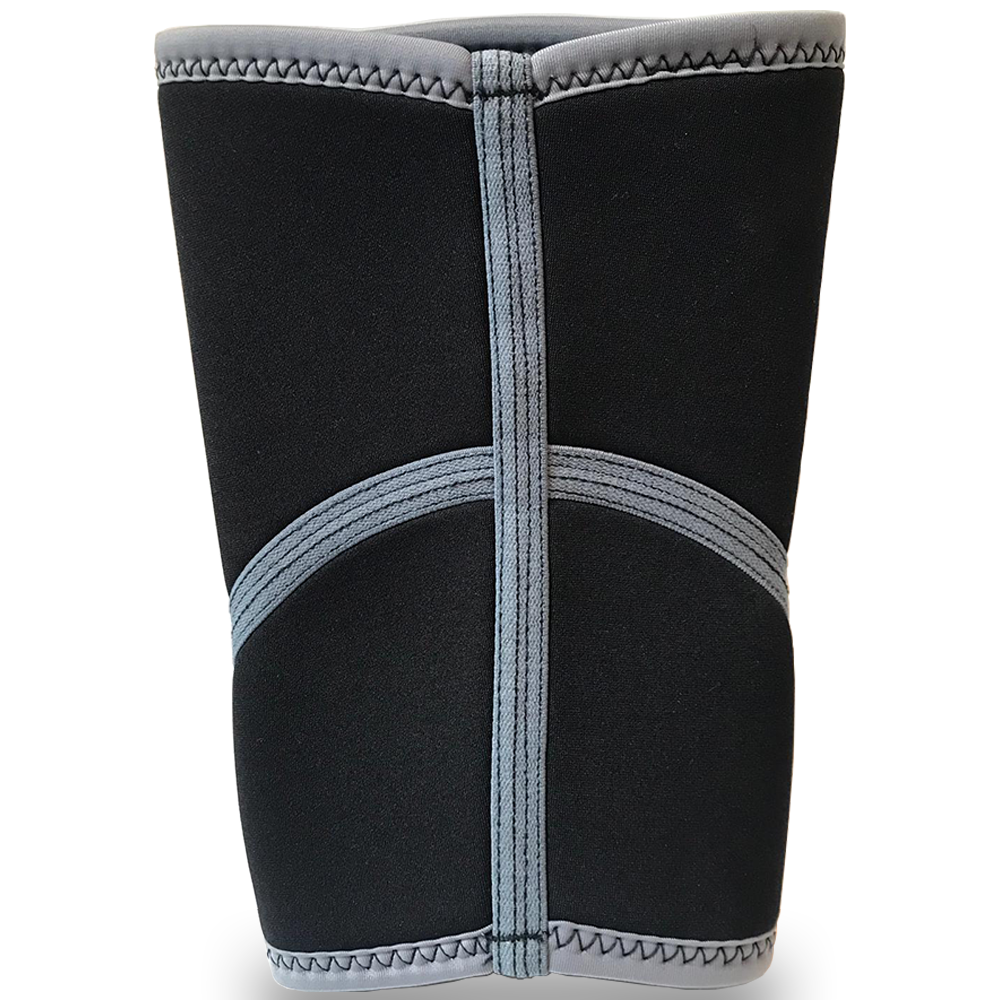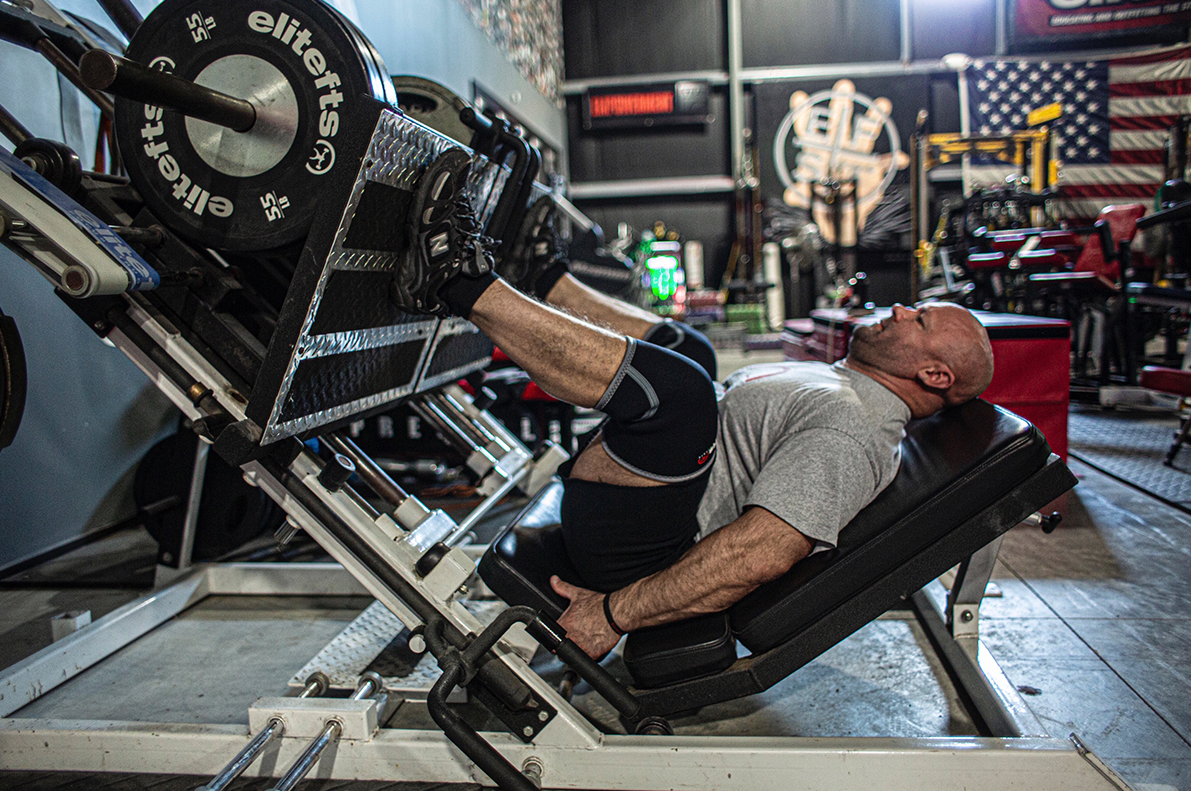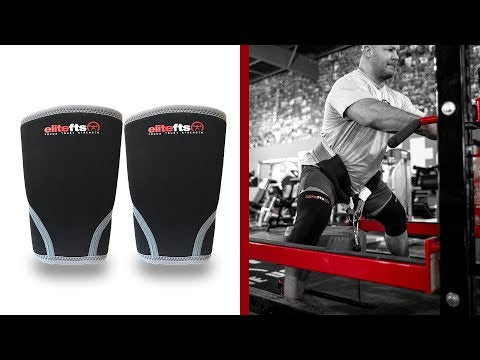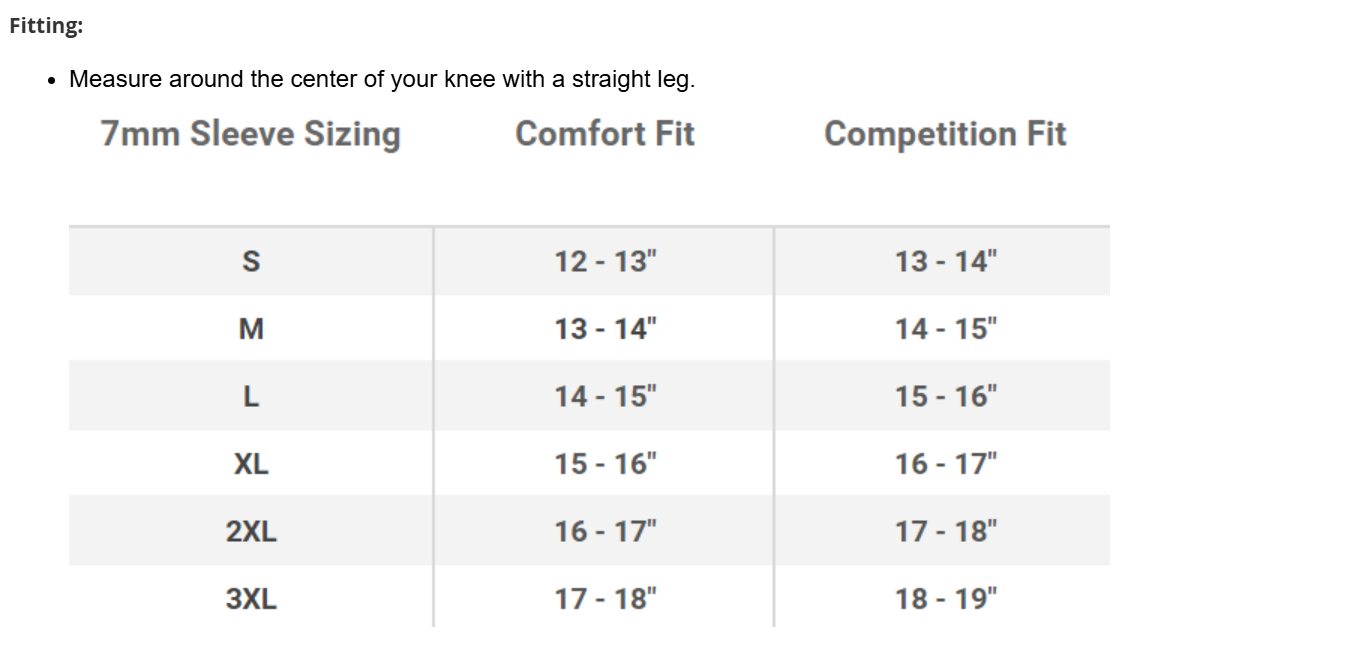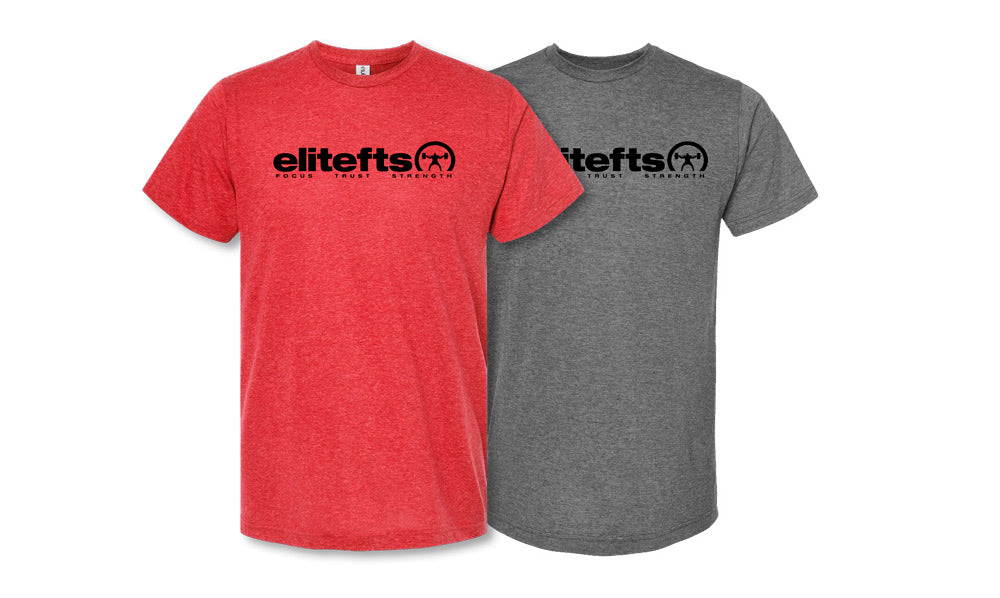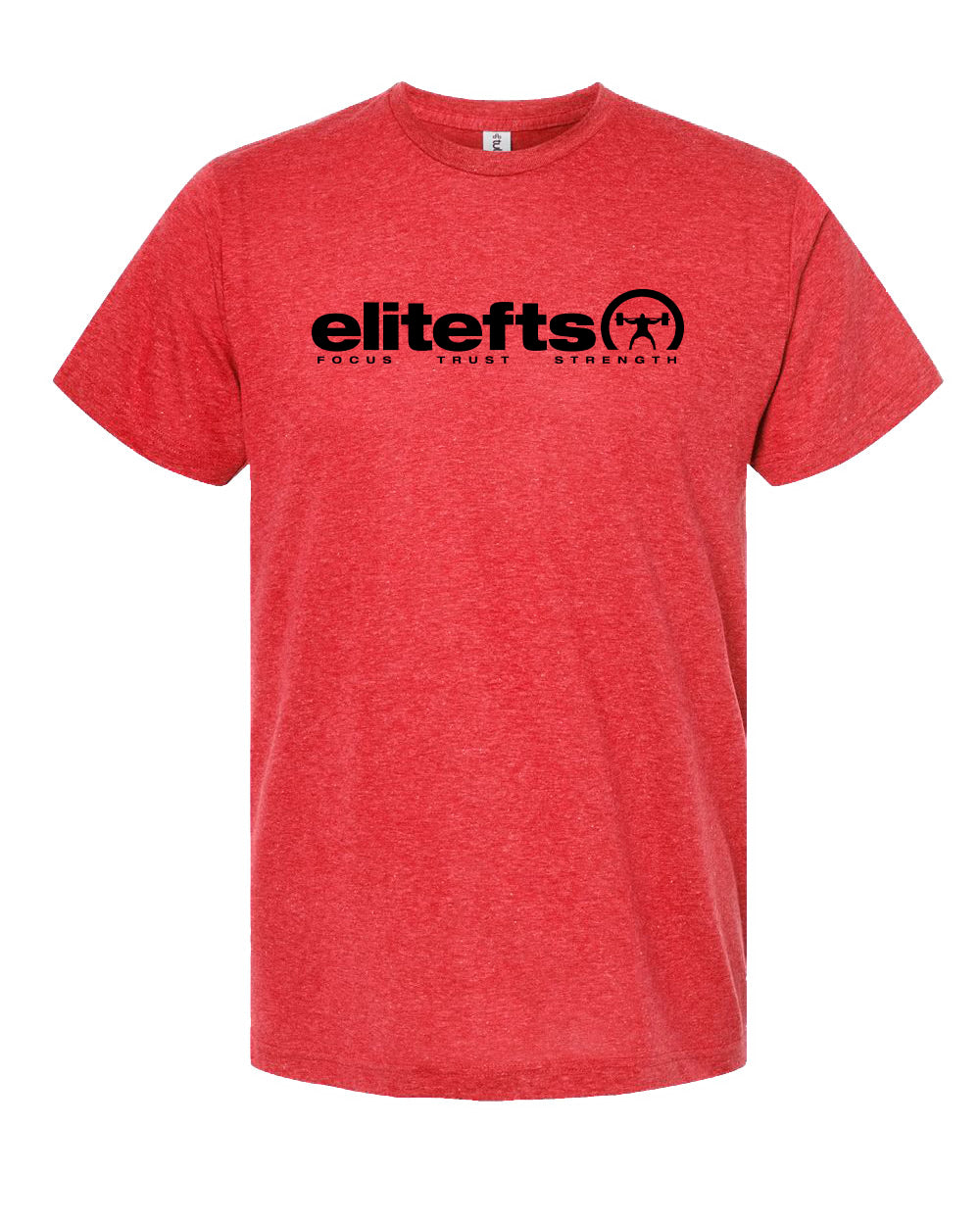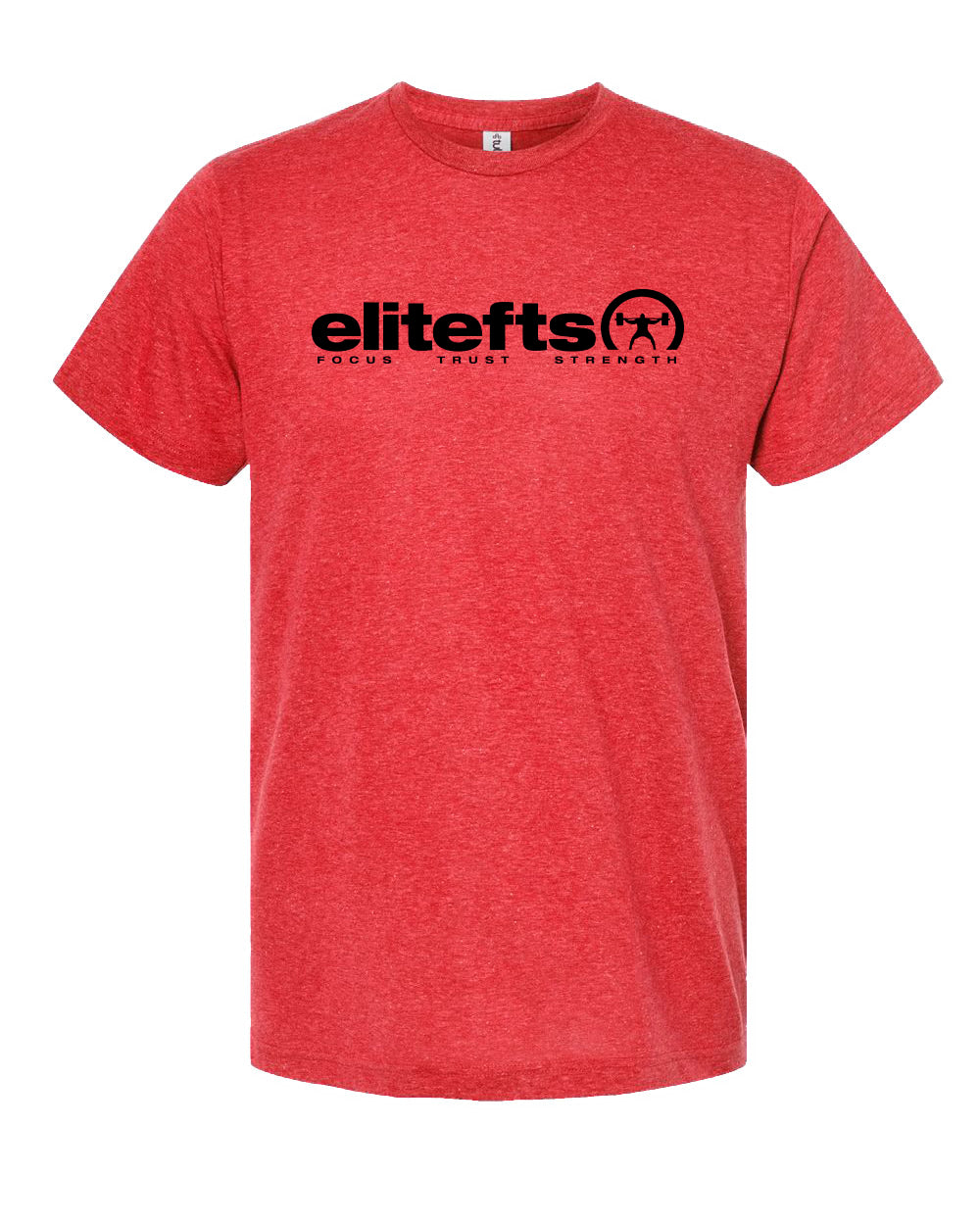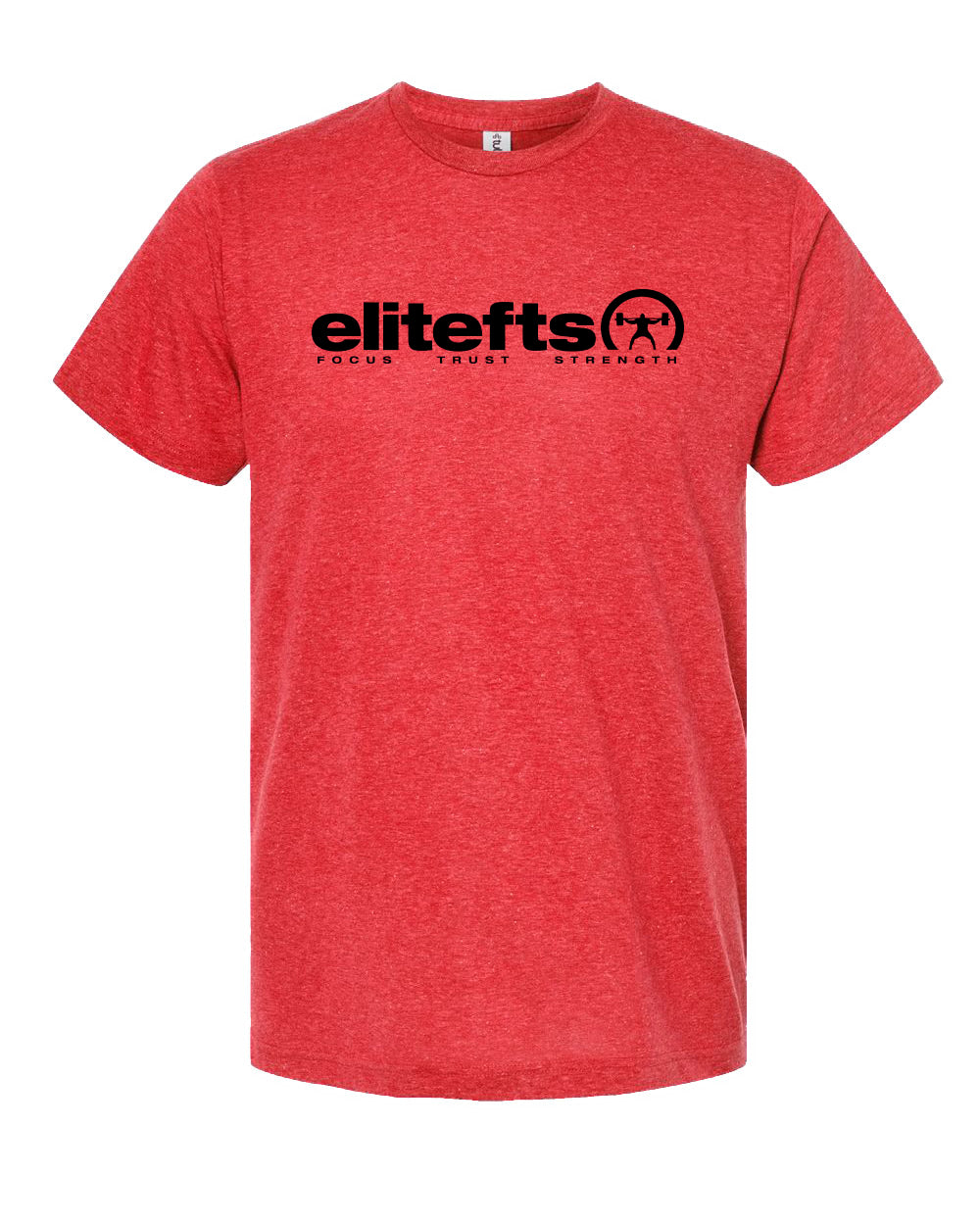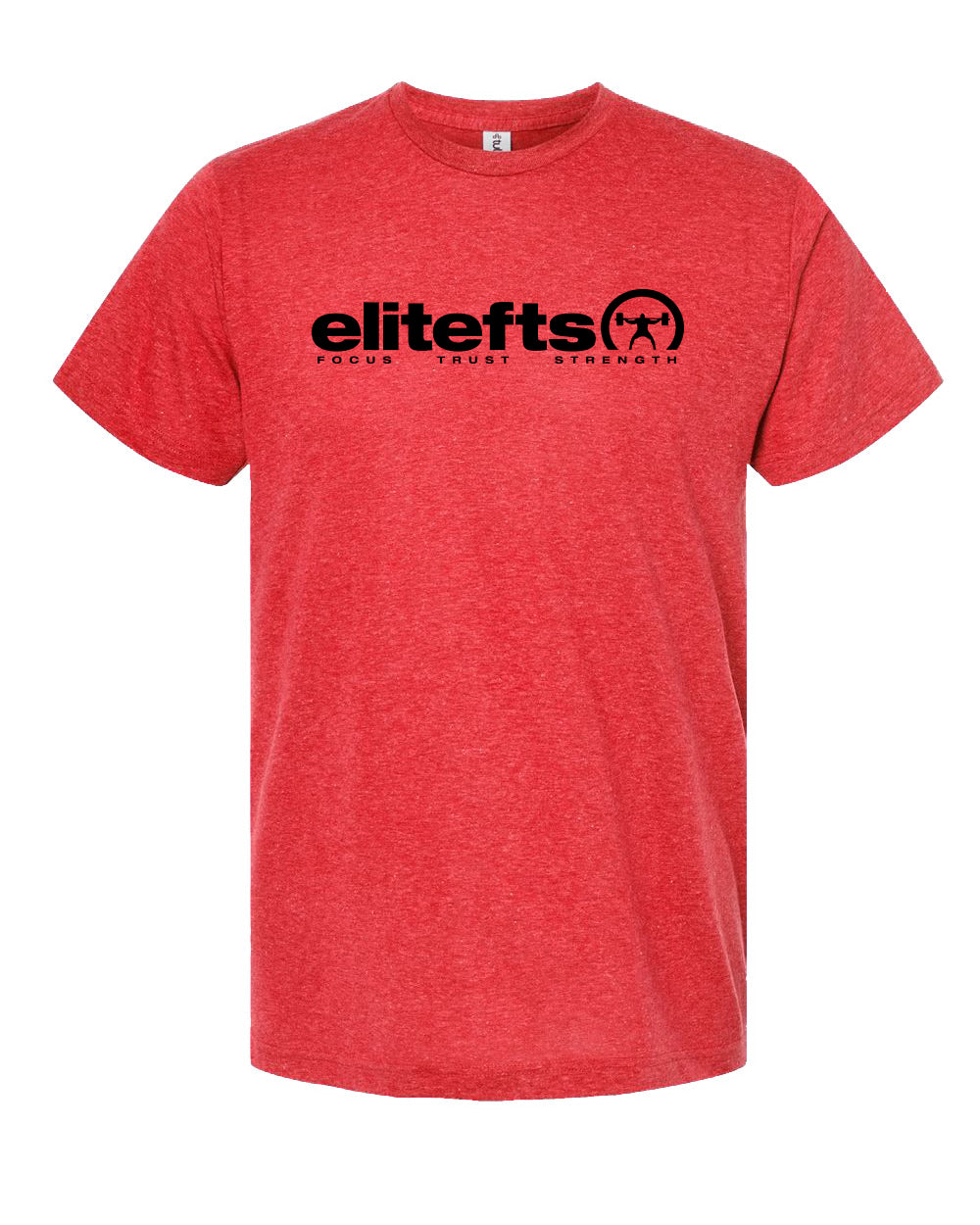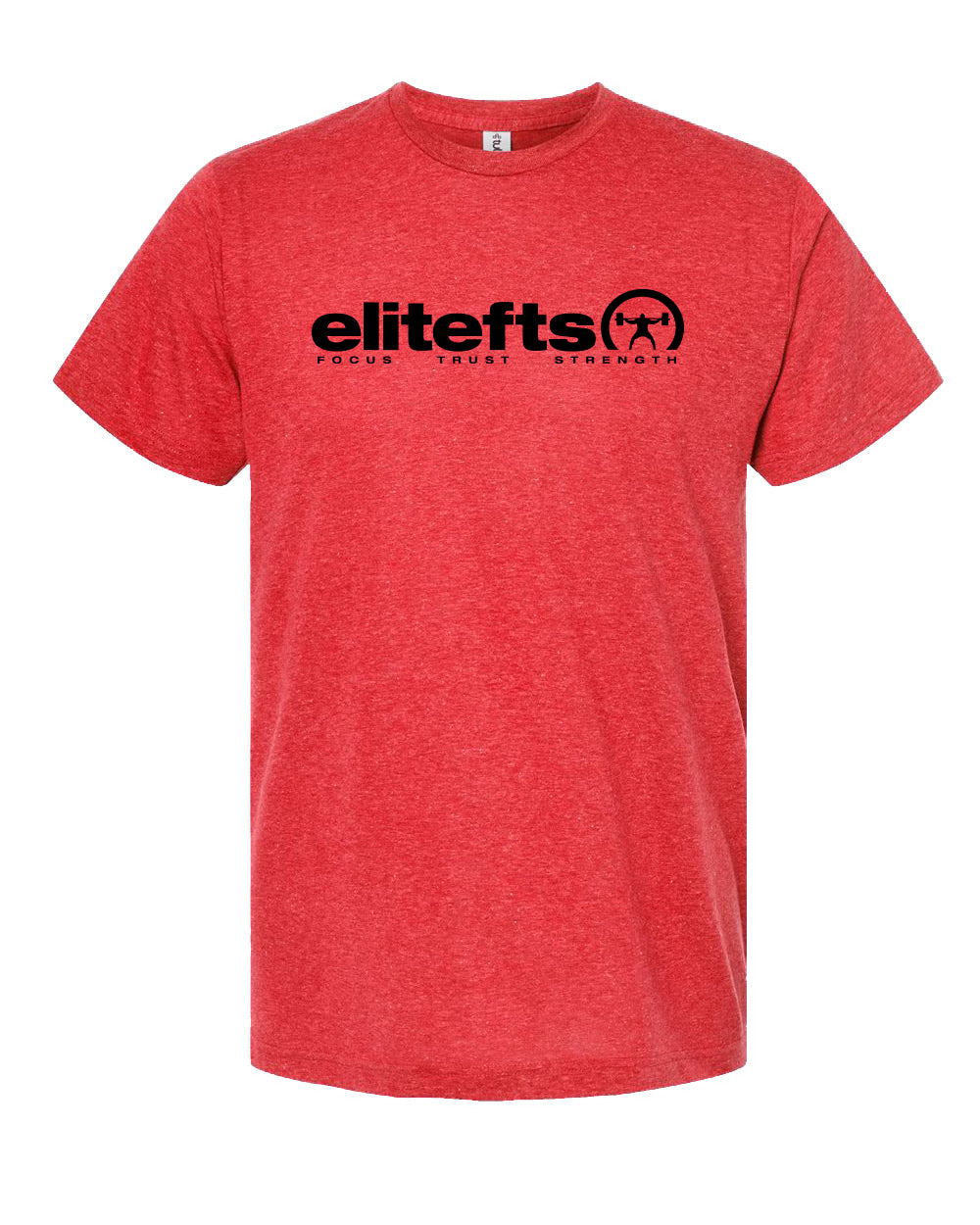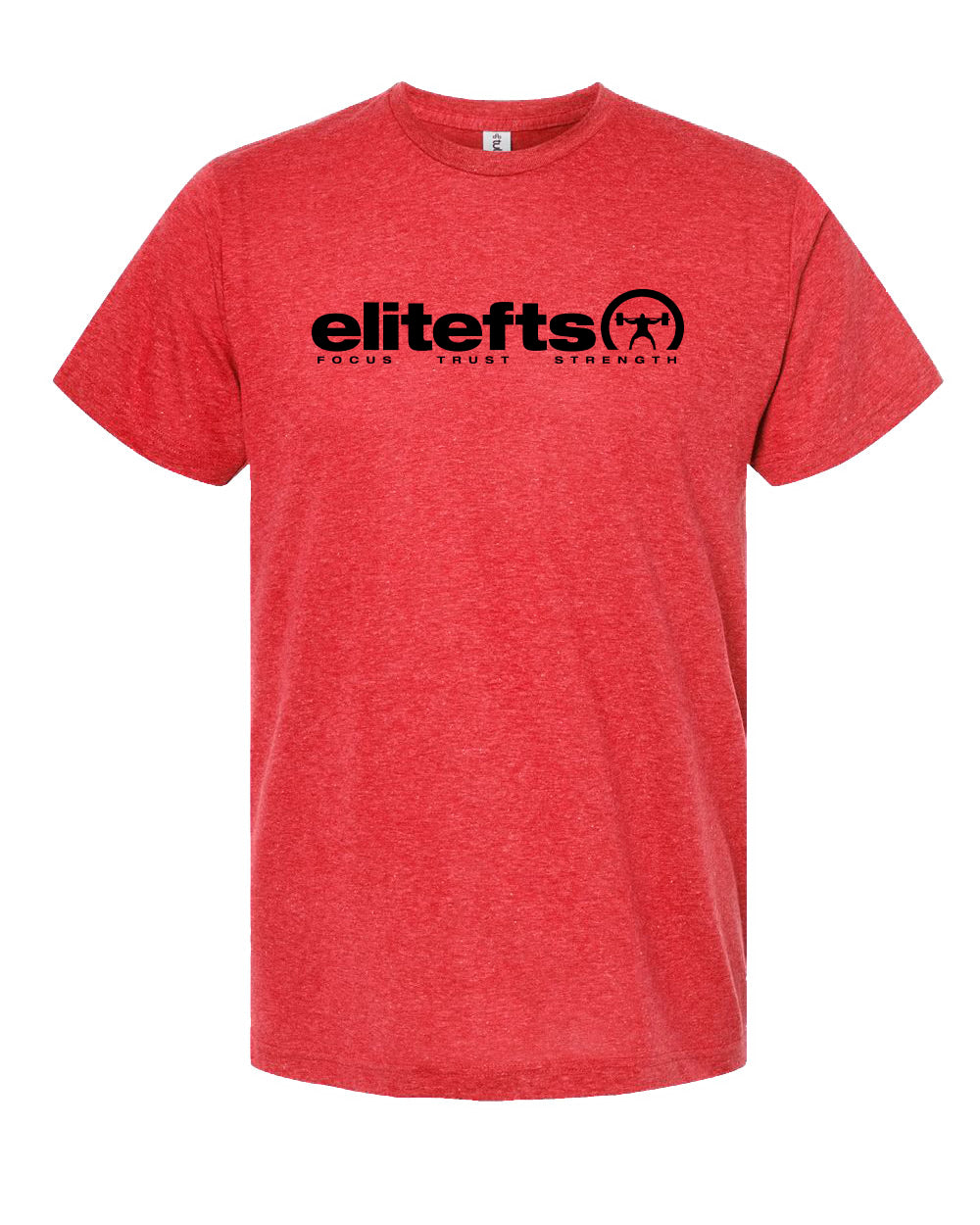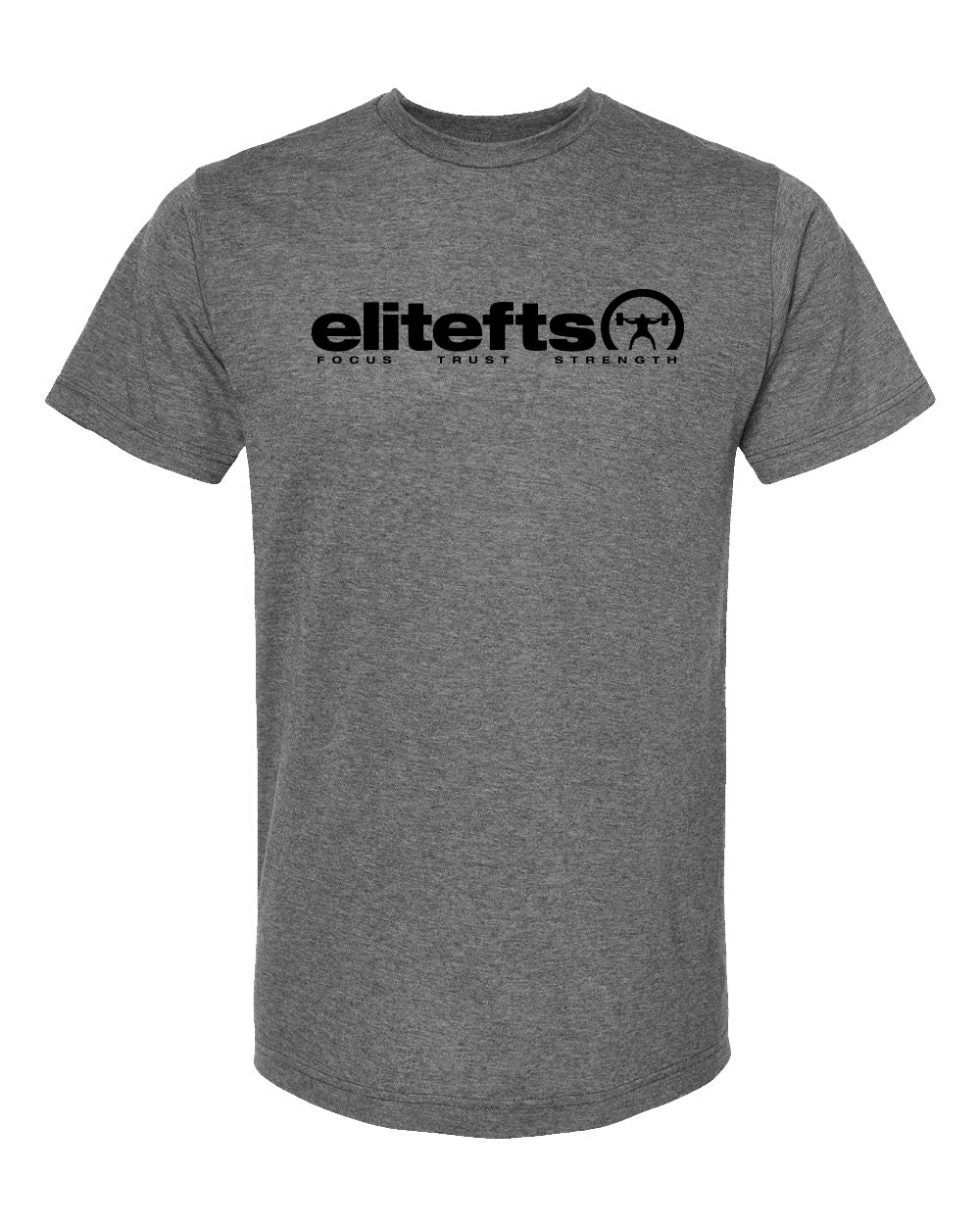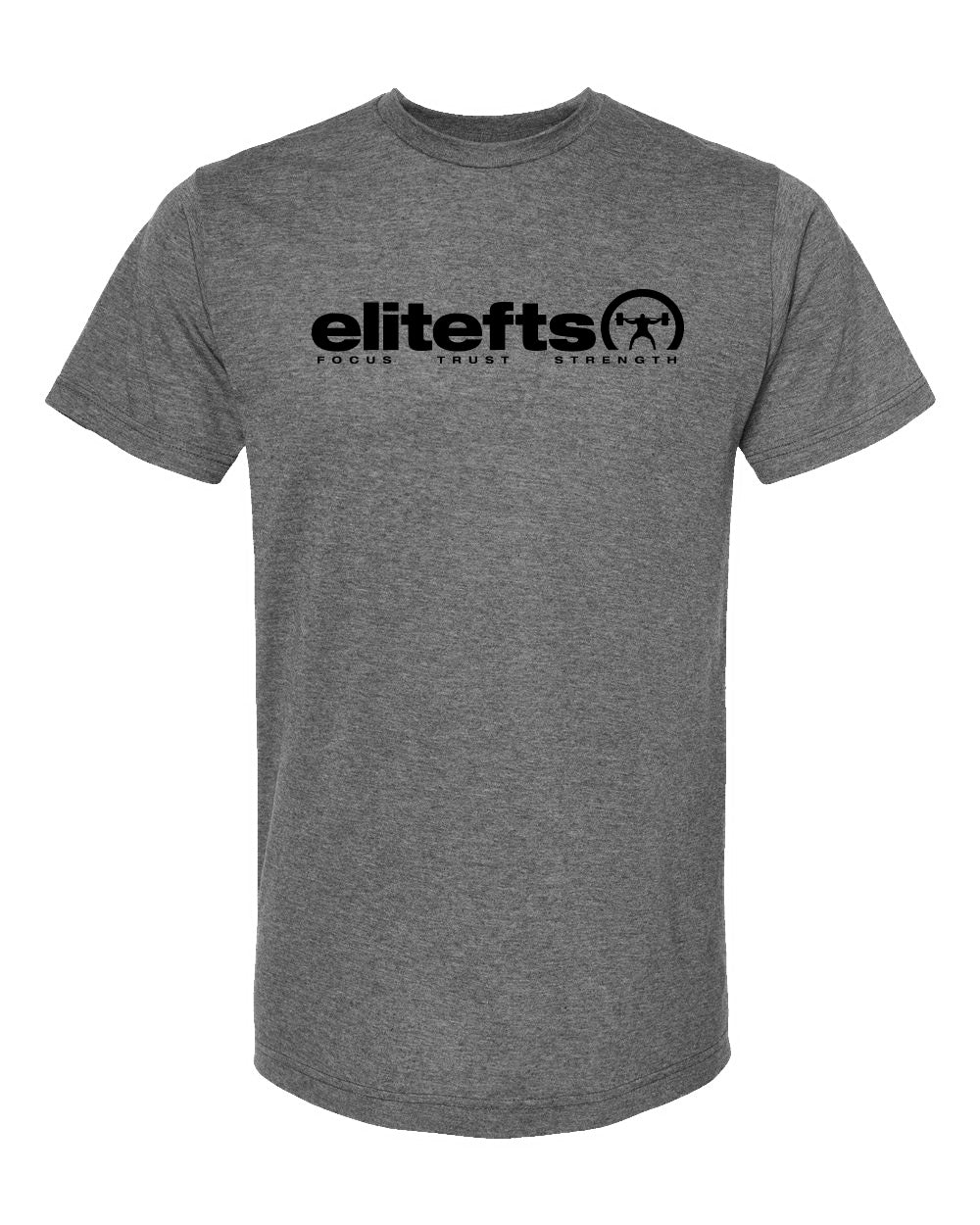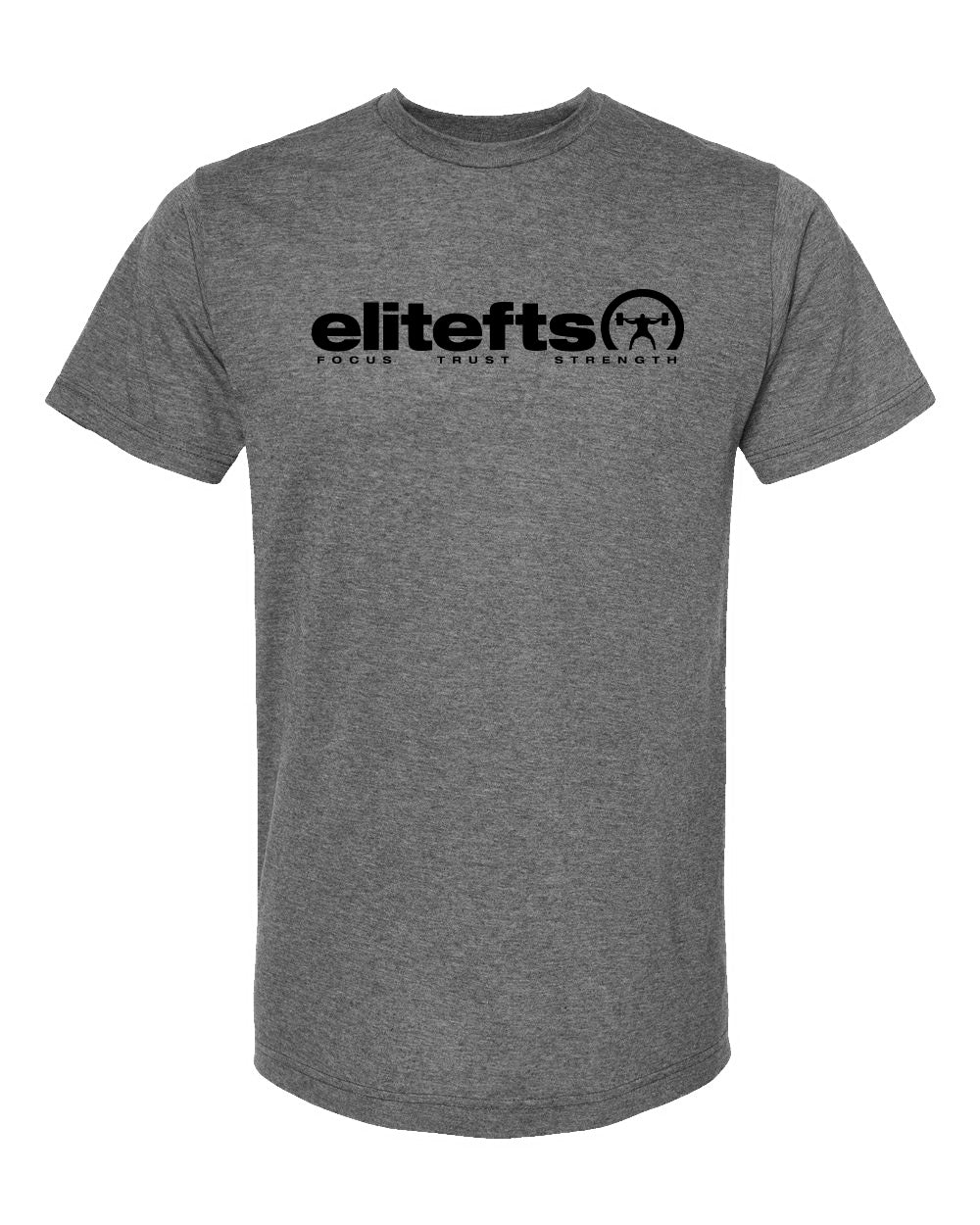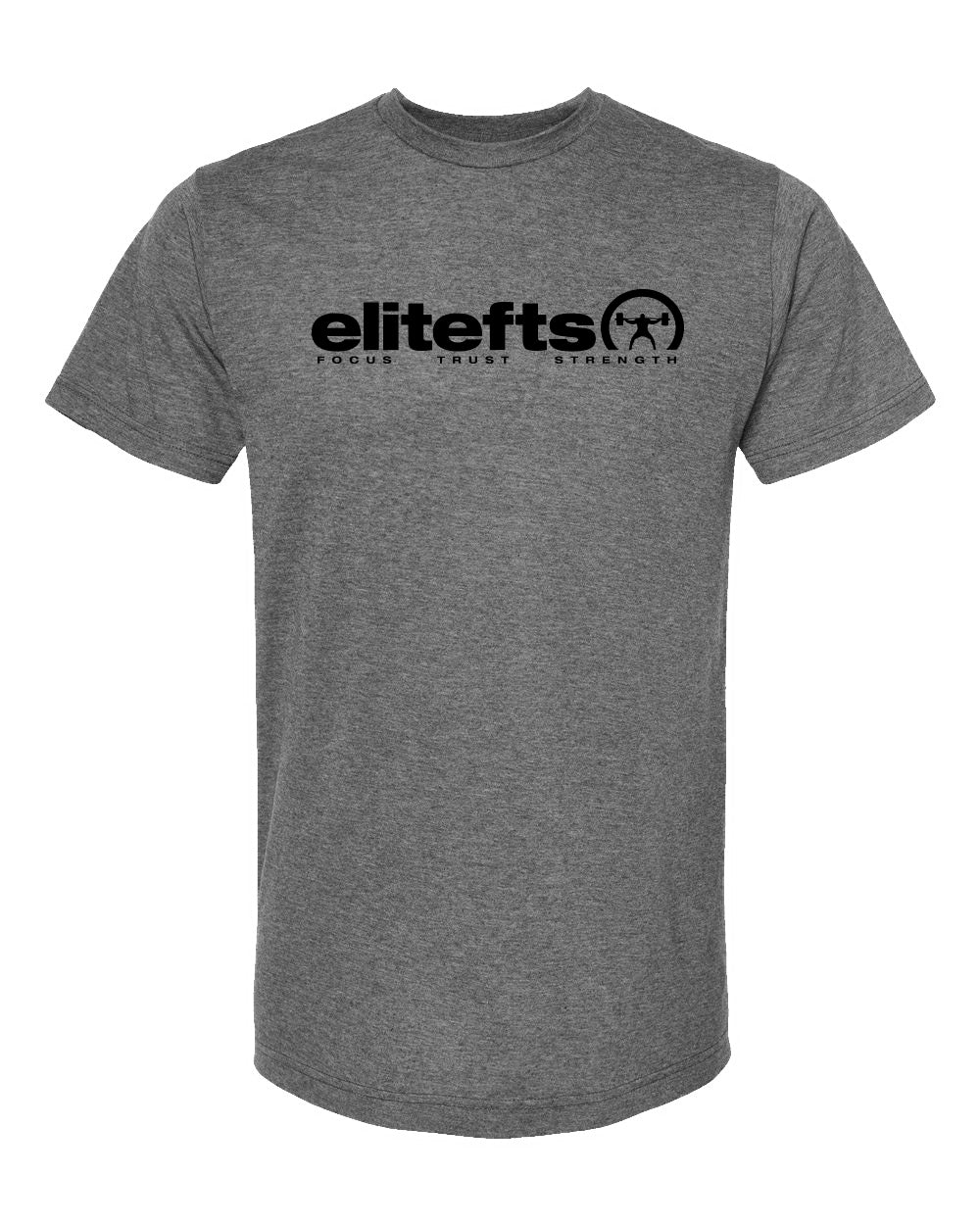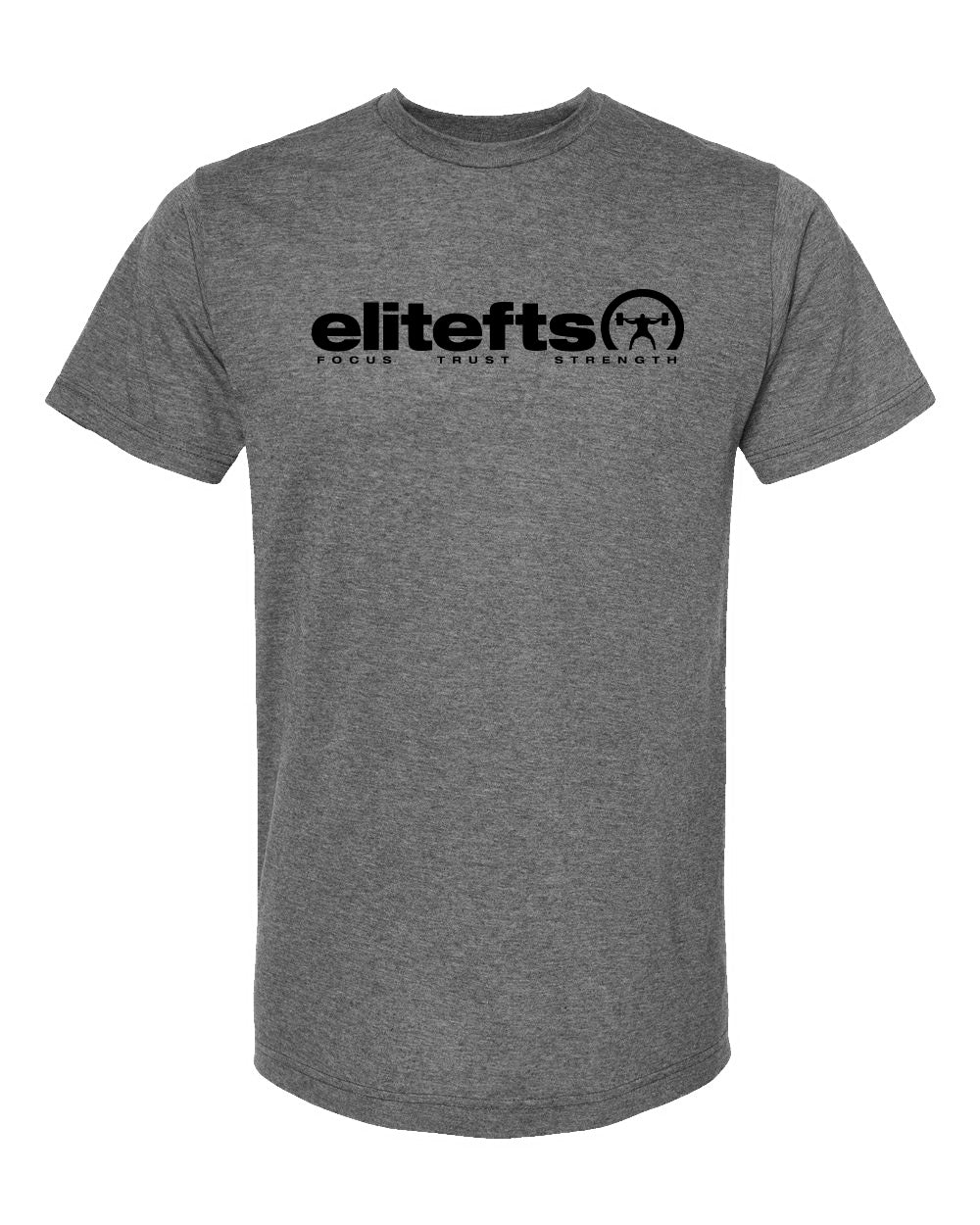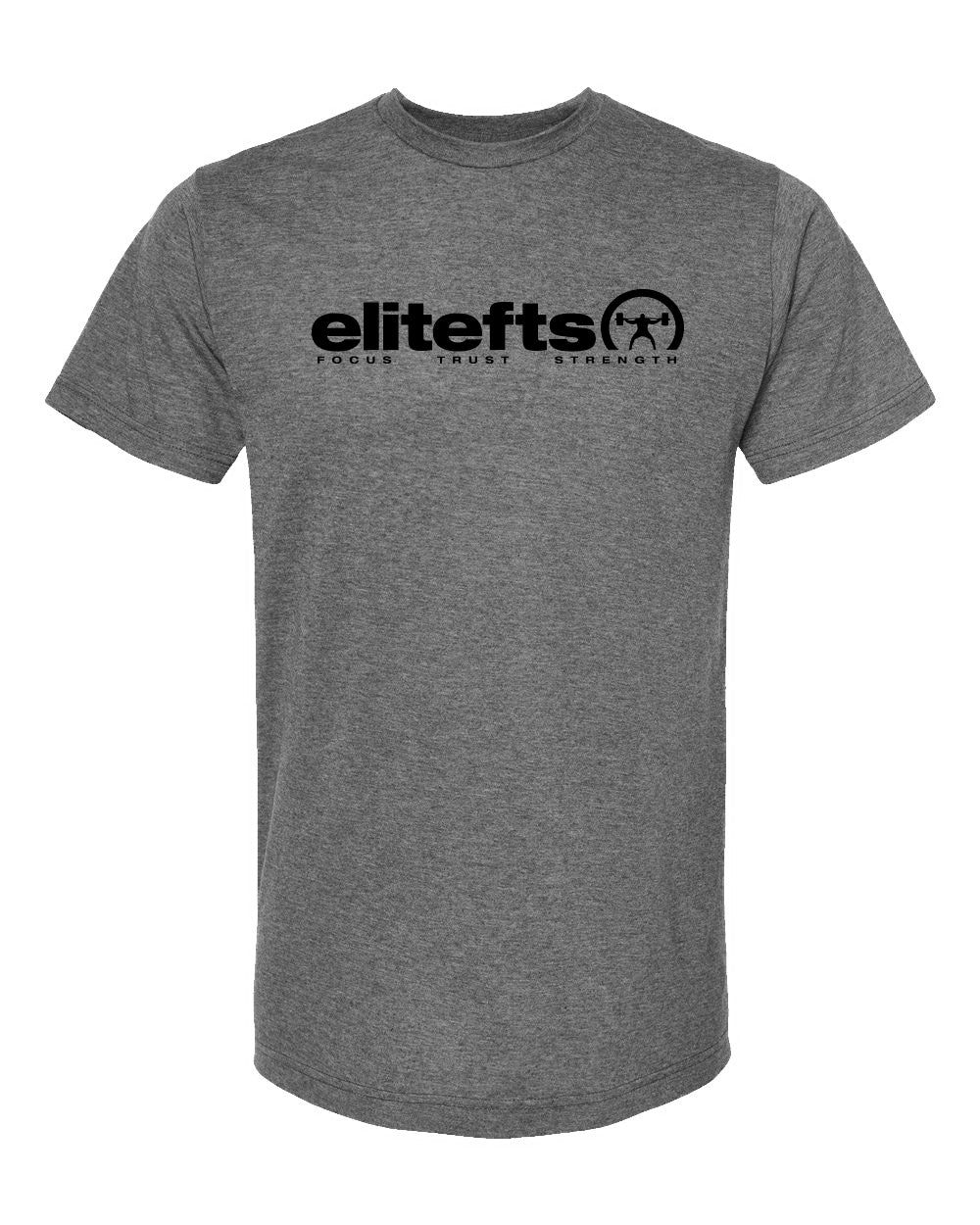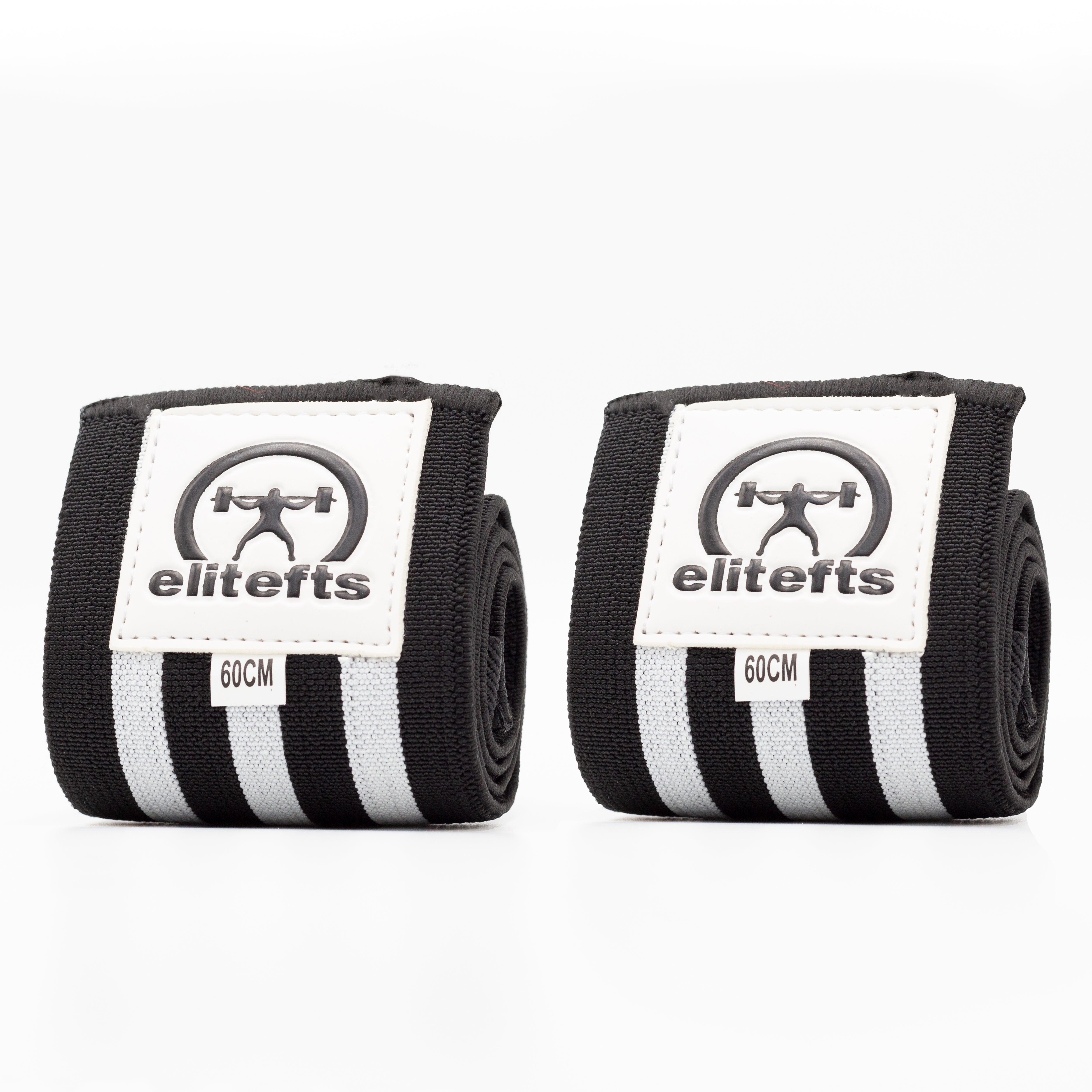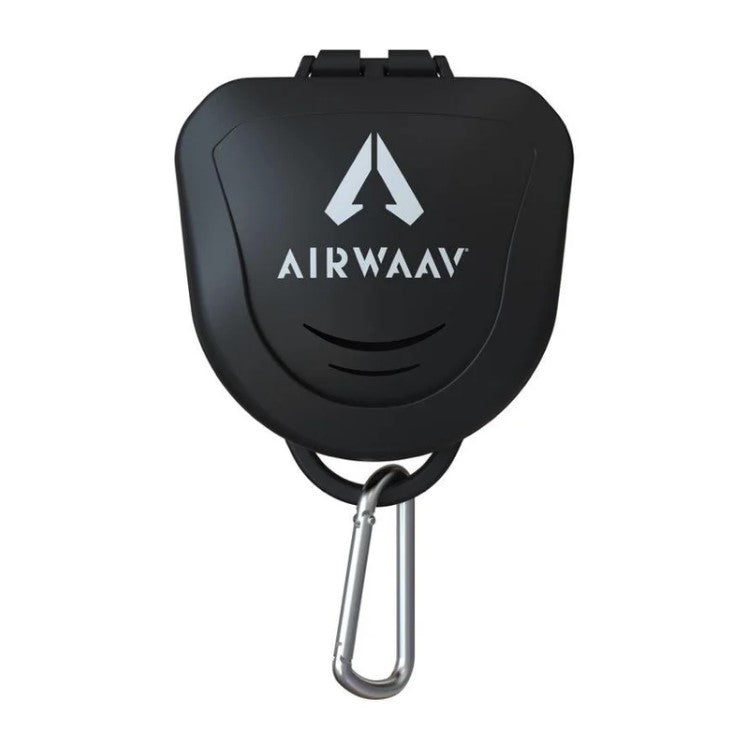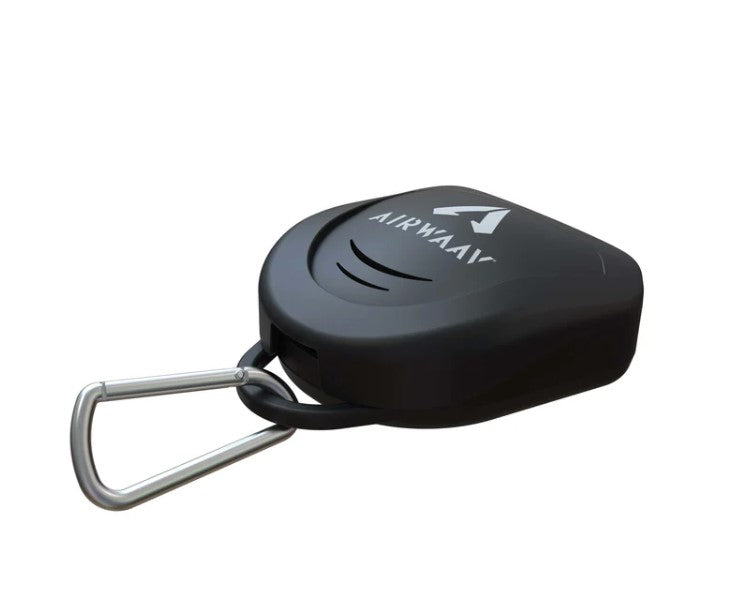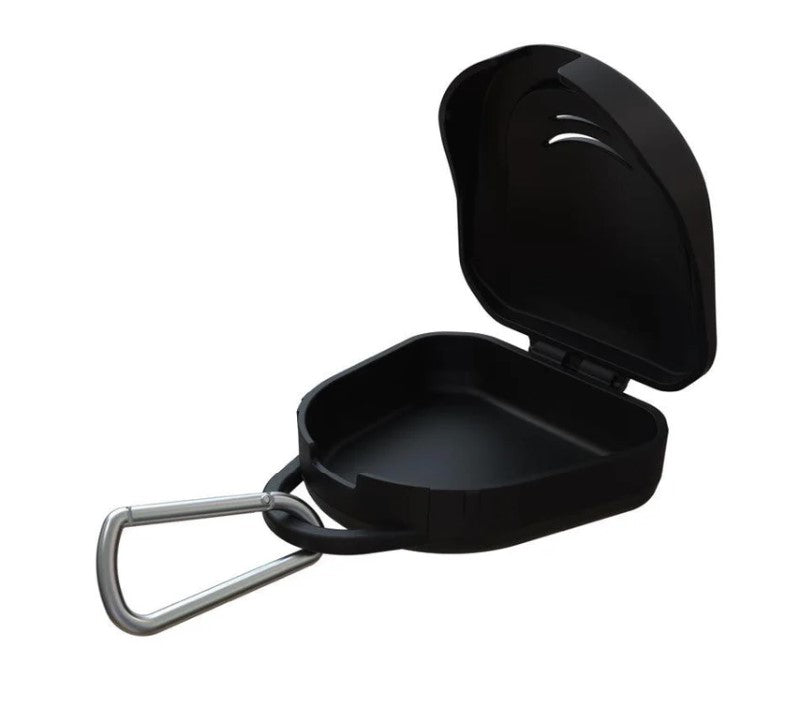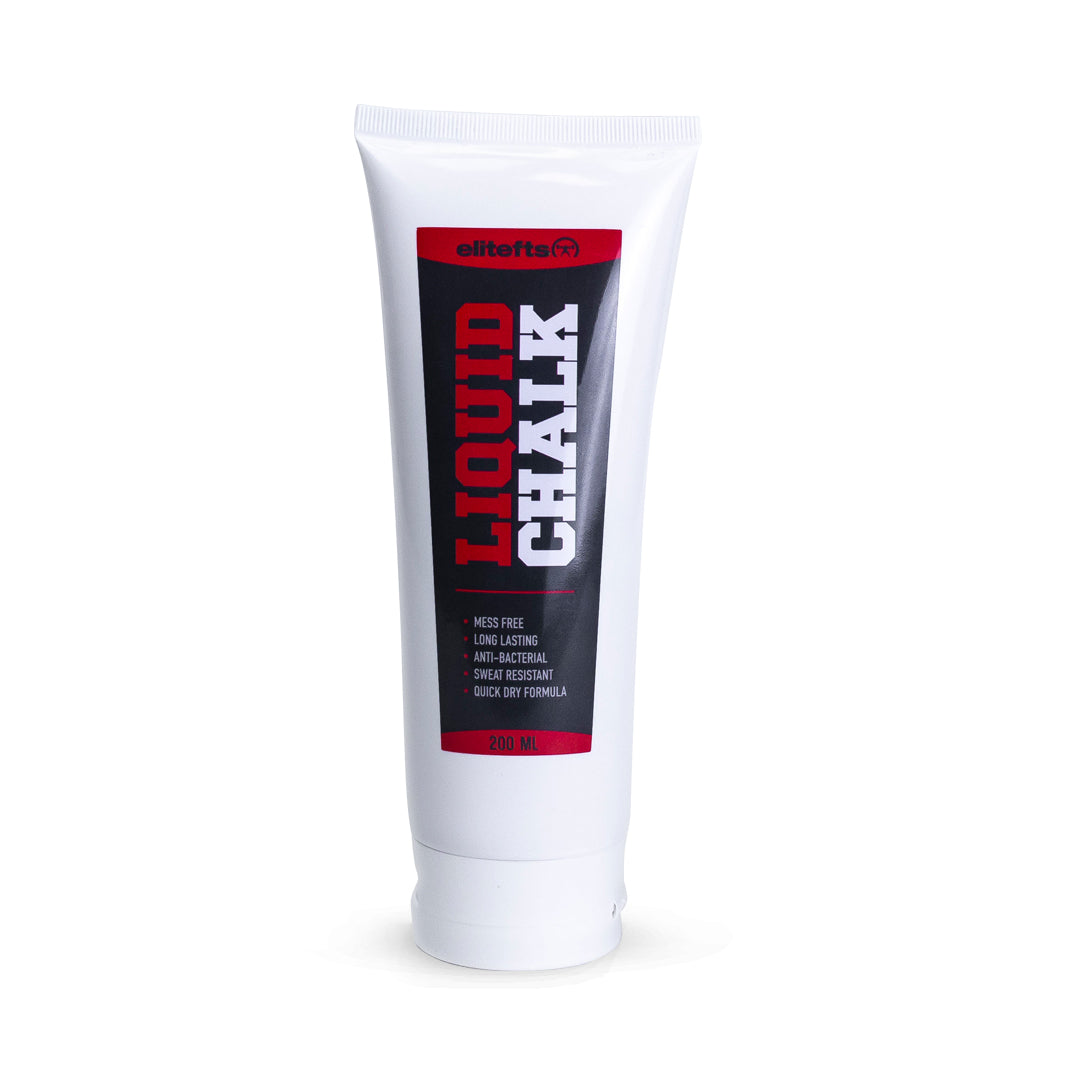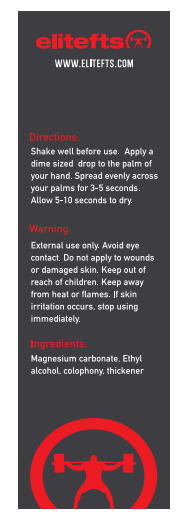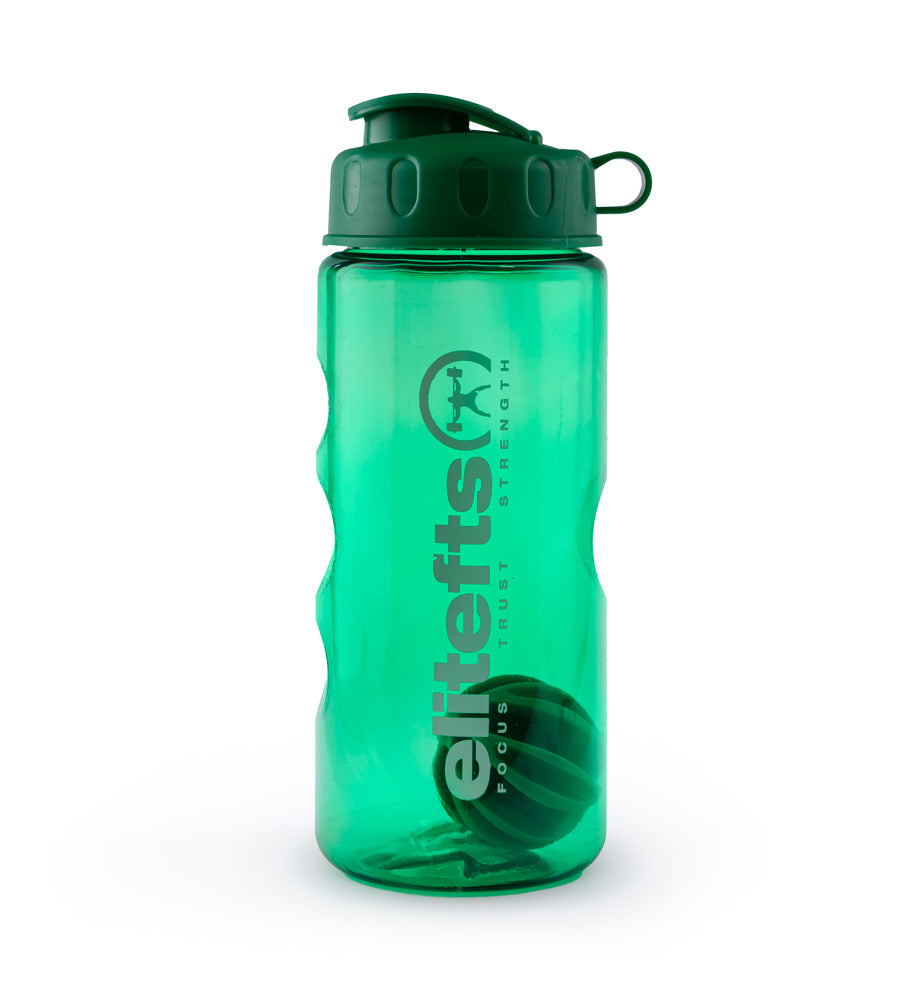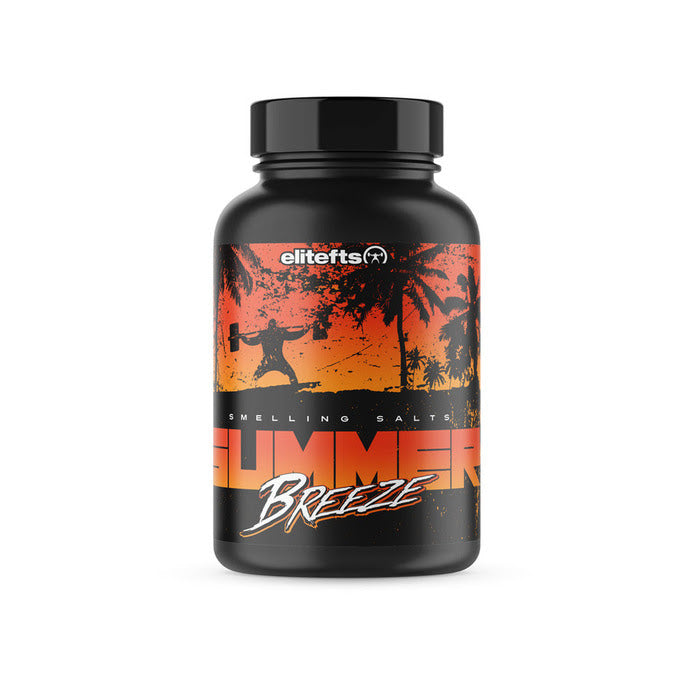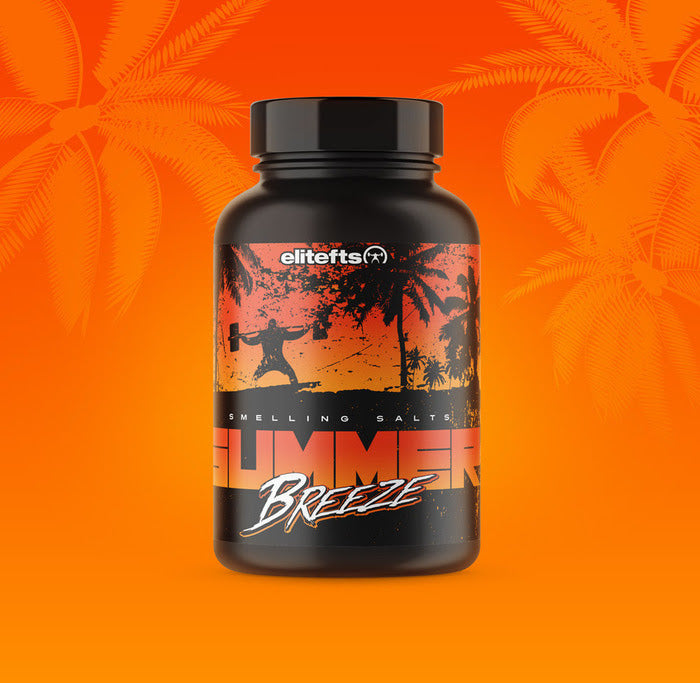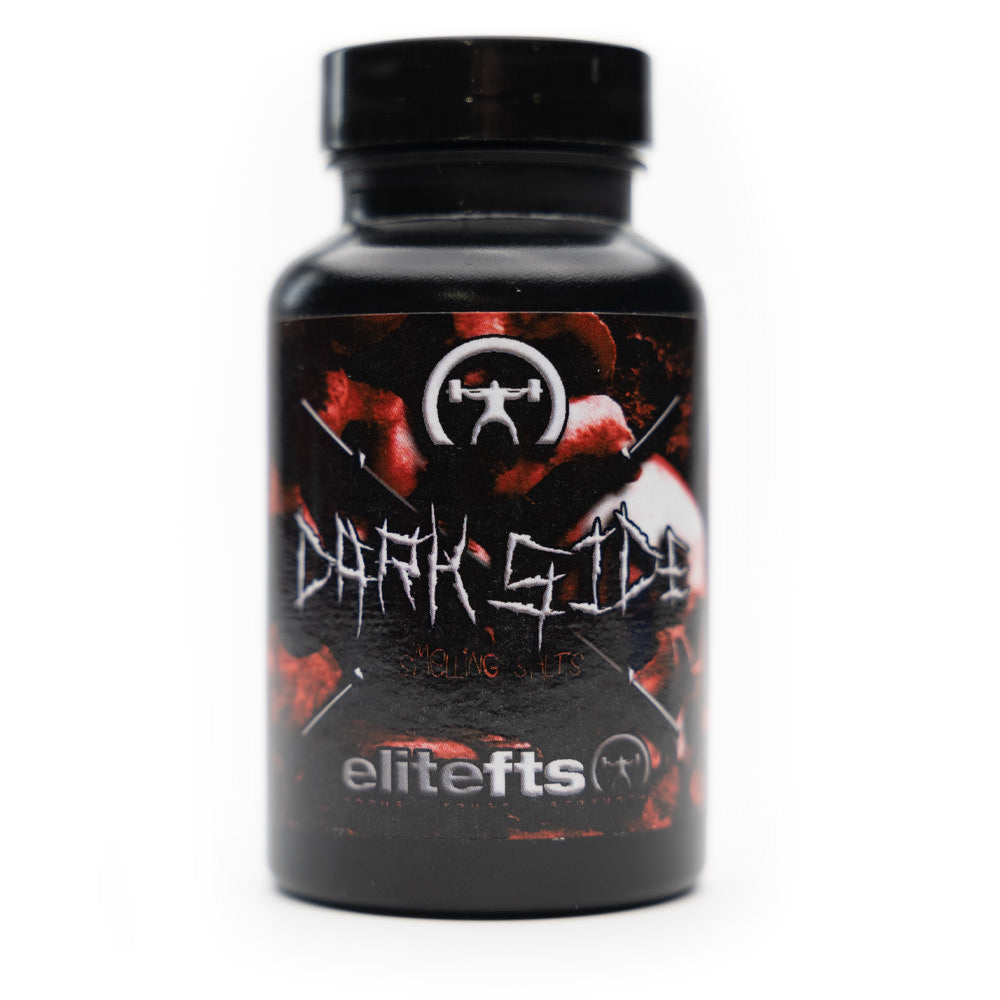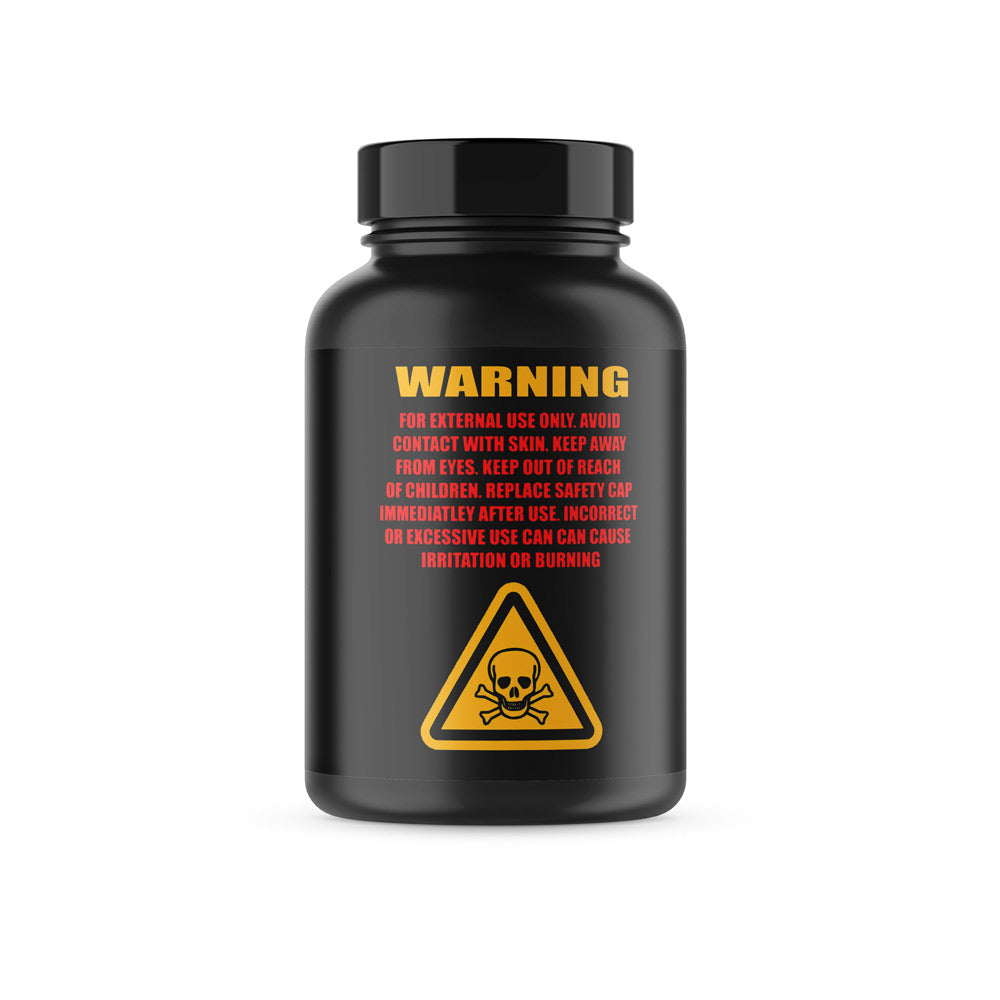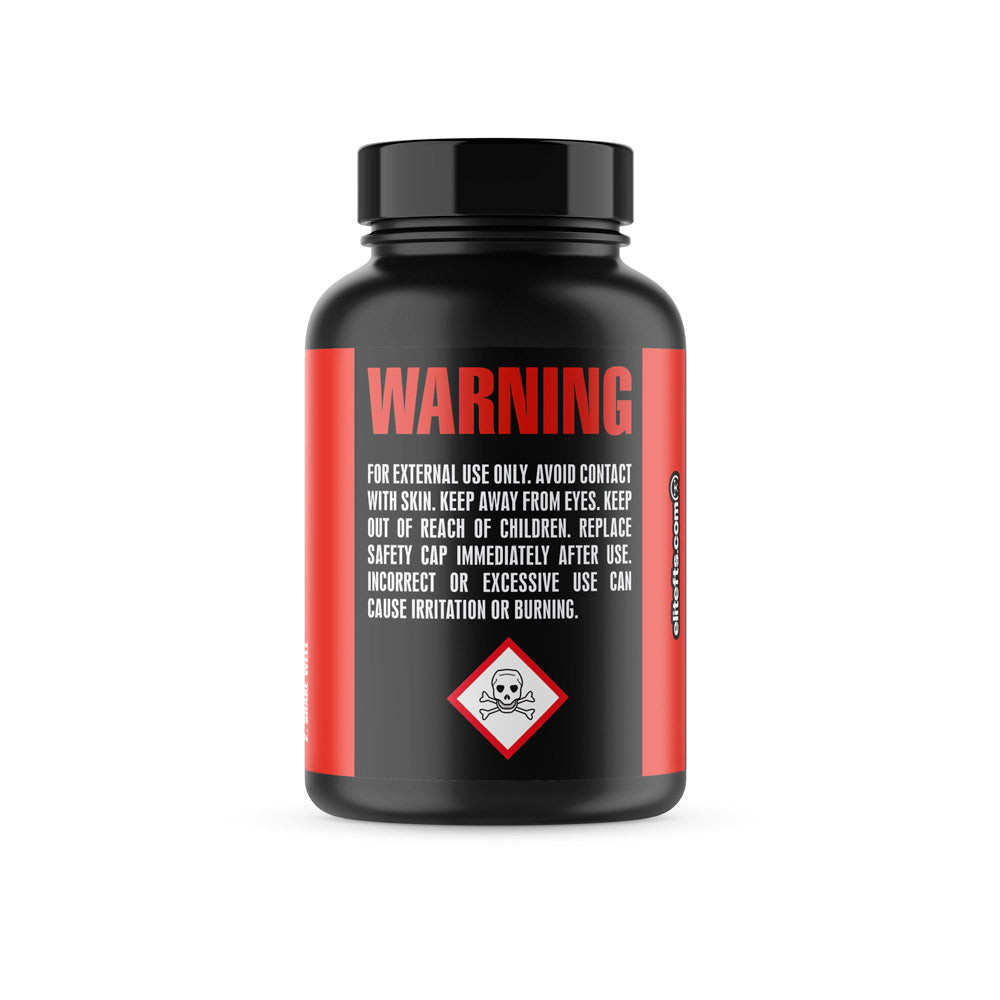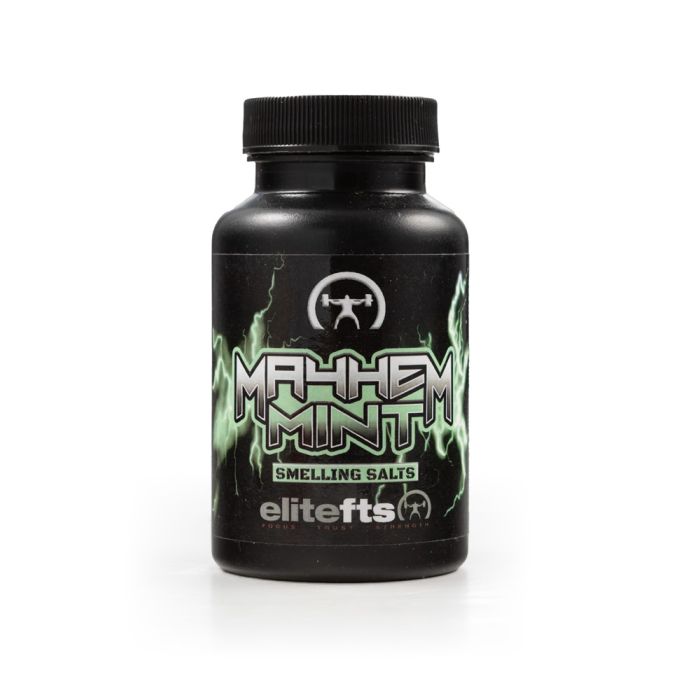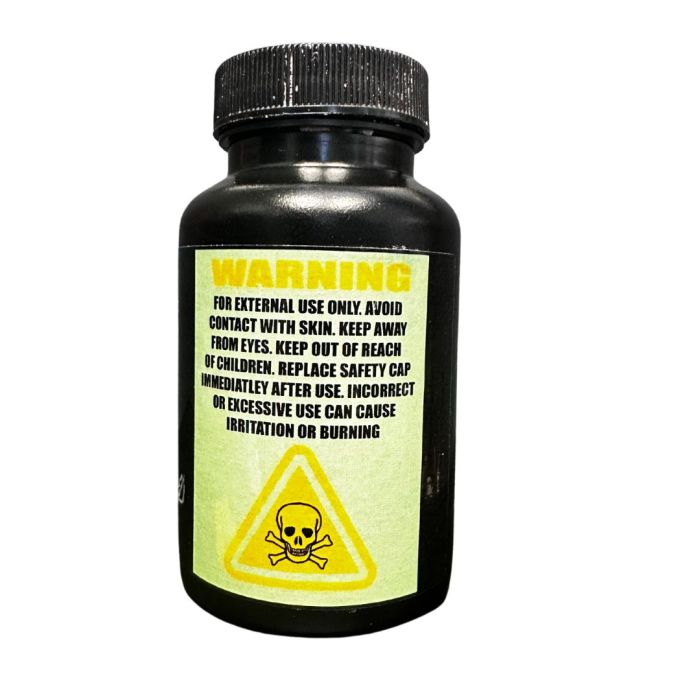Team training is a beautiful resource for any lifter who wants to be better and thrives off a competitive atmosphere. Outlined below are the most important facets to help you cultivate a successful team training group.
Good Training Partners
You won’t have a team if you don’t have training partners! There are a few points we need to hit to cover what makes good training partners:
1. Consistency is Key
If you meet three to four times a week at a designated time, the team needs to be there on time. That’s it. We all get it; sometimes shit happens, and you’ll miss a day here and there (emergencies, family, and work), but if they are not there for 90 percent of the training, especially during peak weeks or meets, then kick them out. Plain and simple.
2. Safety and Support
It’s important to have teammates there to wrap your knees, spot, load, run the monolift, give cues, and provide immediate feedback after the lift. Support like this makes training easier, less stressful, and far more productive! We run tryouts for new lifters who want to be a part of the team. This is a great chance to see how potential teammates are in terms of growing the sport. If he or she is making fun of a new lifter, who is genuinely trying, no matter what their strength level is, kick’em out! They’re not worth it, and they'll infect the team with jealousy. That’s a recipe for bad team morale and may keep potential team members from giving the sport a try.
RELATED: Why Do You Train With Weights?
I also want to see coaching on the sidelines, and more importantly, I want to see newbies who are eager to learn by listening, not talking, or getting defensive. Newbies should be able to take constructive criticism and make adjustments as needed. These characteristics will help you select members for your team.
3. Stay Focused
Everyone on your team should be focused on making progress. I mean, for fuck’s sake, I love these ugly bastards, but we are here to get stronger at the end of the day. We can enjoy a circle jerk at another time. EVERYONE should be getting stronger in some aspect. If not, your group sucks. I don’t care about your strength level coming in, but I do care about your strength level at three months, six months, or two years after you begin training. We should all be pushing each other to be stronger!

Leadership
Every group needs a leader, period. This doesn’t mean a dictator that says you must do this or that. You need someone to take charge and make decisions. This person should set the tone for the team. They should create or help create the majority of the programs and have an open mind to new ideas. Everyone in the group offers something different. The leader needs to hear the concerns and ideas of their teammates. To not hear them would be foolish! You need to collaborate and grow together to achieve strength goals, elite totals, etc.
Atmosphere and Culture
Atmosphere and culture are essential. Arguably more important than a couple of other things I’ve already discussed. Whether or not we’d like to admit it, we all like to belong to something and surround ourselves with like-minded people. So, having a training group or “club” is perfect for filling that need. The atmosphere and culture of a club are what attract new members and keeps existing training partners around. This all starts when you walk into the club.
How does it smell? Do you smell ammonia caps and sweat? If so, you’re probably in the right place. What about the noises? Do you hear heavy hard metal music, or in my case, 90s rap? What do you see? What equipment is there? Do you see a few guys who look like they should be in prison screaming and potentially slapping each other (We don’t do that shit. Just saying some clubs do). There should be tons of plates, barbells, and dumbbells. Even some particular signage on the walls, My two favorites are our chalkboard and Jim Wendler's “Why train?” sign.
Members should have the same work ethic. When it’s your turn, you get your ass up there and fucking move! If you are not the one lifting, you’d better be loading, spotting, and cueing for whoever is lifting. In all reality, there is no real rest time because there is a lot to get done, and if you’re not helping the team, you're hurting it.
All of this creates a certain, for lack of a better word, brotherhood or sisterhood. I mean, when you have 500-plus-pounds over your face or 600-plus-pounds on your back, you need to trust that your training partners will be there to spot you. If you're spending upwards of 10-plus hours a week training together, how could you not?
Expectations
Team Expectations
Expectations are like assholes; everybody has one. We need them because expectations guide us toward our goals. When joining a team, you need to have a clear picture of what you expect and what is expected of you. What can you do for the group? What do you bring to the table? At the end of the day, the group can mold you, shape you, give you purpose, and help make you change into a better, more well-rounded individual. In return, you should be there for the team in any way possible. If someone needs a spot, be there. If someone needs you to hold a camera, be there. If the club could use a band set, get it. If there’s a meet coming up, be there for whatever your team needs. No questions asked. If you’re not ready for this level of commitment, then walk away.
Training Cycle Expectations
Now, there should also be expectations for each training cycle. Examples include emphasizing the deadlift, on hypertrophy, or “HOLY SHIT BALLS! It’s New England, and it's 50 degrees outside! Let's pull a sled and be a little less fat today!” Even more so, what are we expecting out of ourselves today? Maybe Big Joe has a meet coming up, and it's a heavy squat day. The team is EXPECTED to be there to wrap, spot, load, and coach him. On max effort bench days, it’s time to turn things up a notch. The 500-pound raw bencher is running his stupid mouth, and you want to show you’re not bitchmade (love you, Chris). Bottom line: Know the goal of the day and execute it to the best of your ability.
The Counsel
I think dictatorship and authoritarian principles and beliefs are the stupidest things. So to avoid this way of thinking, I developed what I refer to as The Counsel for the club. The Bristol Barbell’s Counsel consists of Big Joe, Big Sexy (f you see Ryan, you’d understand why), and myself. We are the founding members and show up 95 percent of the time. We have been there when others needed us and always offer to help newer members. So, when we’re voting a member in, it has to be unanimous. Even one “no” vote, and it’s "see ya later." If a potential team member causes harm to the overall morale of the group, we ask them to leave. We decide what the group needs most, how to improve the club, with ways to capitalize on what we have. We try to make it so that every team member is involved in making the club just that—unique to us and what we're trying to achieve.
Equipment
Equipment should be the group’s last concern. Technically if you have a power rack, bench, bar, and plates, that’s all you need. My hobby is buying gym equipment, sometimes more equipment than we need. As a result, I have more than the average garage gym. I think the most important equipment for a powerlifting club is a great
power rack, tons of
plates,
power bar, deadlift bar, squat bar,
safety squat bar,
monolift,
competition bench,
belt squat, and a
glute-ham-raise. These should be standard, but again you don’t NEED them. A team with just the basics will work just fine.
Final Thoughts
I love training with my group. I actually look forward to almost every training session. If I’m having an off day and don’t feel like training, I know that once we start moving weight and bust each other’s balls, I’ll get right back into it. I started the Bristol County Barbell Club because I knew having a crew would keep me motivated to build my strength levels. The club keeps going because I have found a handful of guys who are like-minded and goal-driven. To a young kid, this is mentorship. To the older gent, this is a place that will still challenge you. It may even help you remember you're still alive and can accomplish goals. This is where I learned what it really means to be a part of something bigger than myself. Like you’ve heard a million times from Dave Tate, "Live, learn, and pass on."
Chad Faria is a competitive powerlifter (raw with wraps) from New Bedford, Massachusetts. He owns Bristol County Barbell club—a one-car garage and a 450-square-foot carport. Chad is a Westside Special Strengths Coach, RPR Level 1 Practitioner, PN1 Coach, and ISSA Master Certified Personal Trainer. Aside from his son, fiancé, and livelihood, his barbell club is one of the biggest priorities in his life. Chad's goal is to help whoever is serious about becoming the most dangerous and strongest version of themselves.








